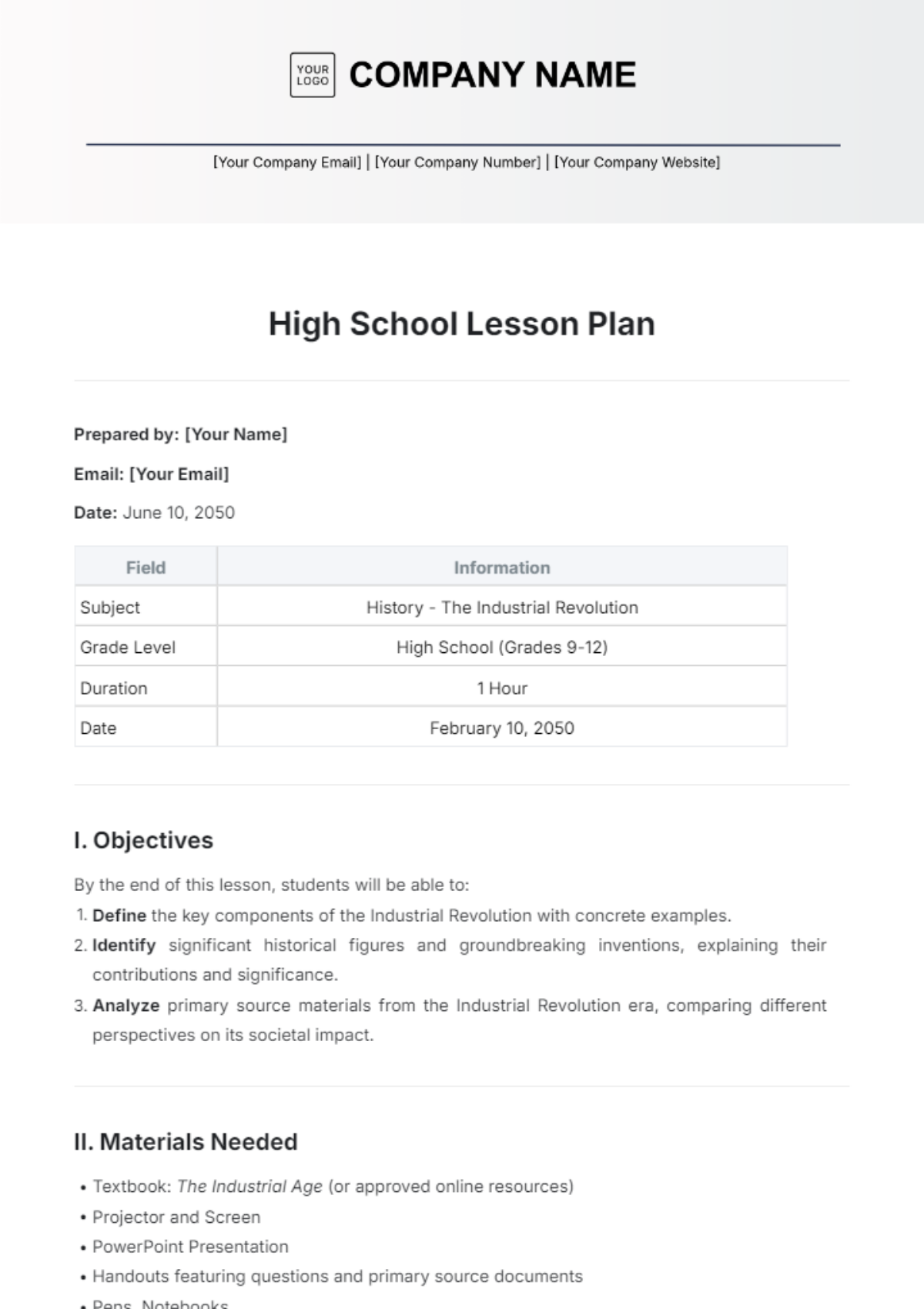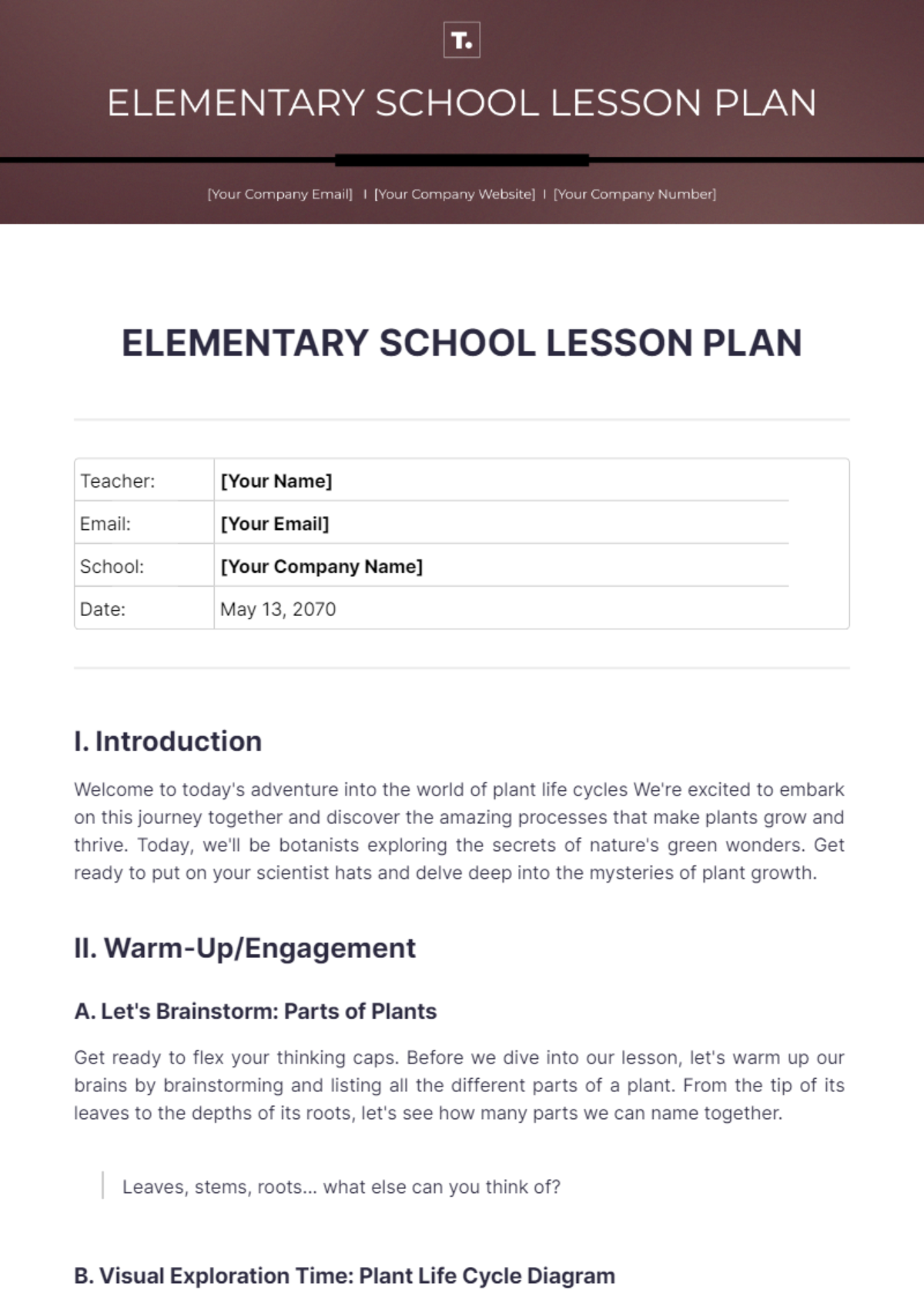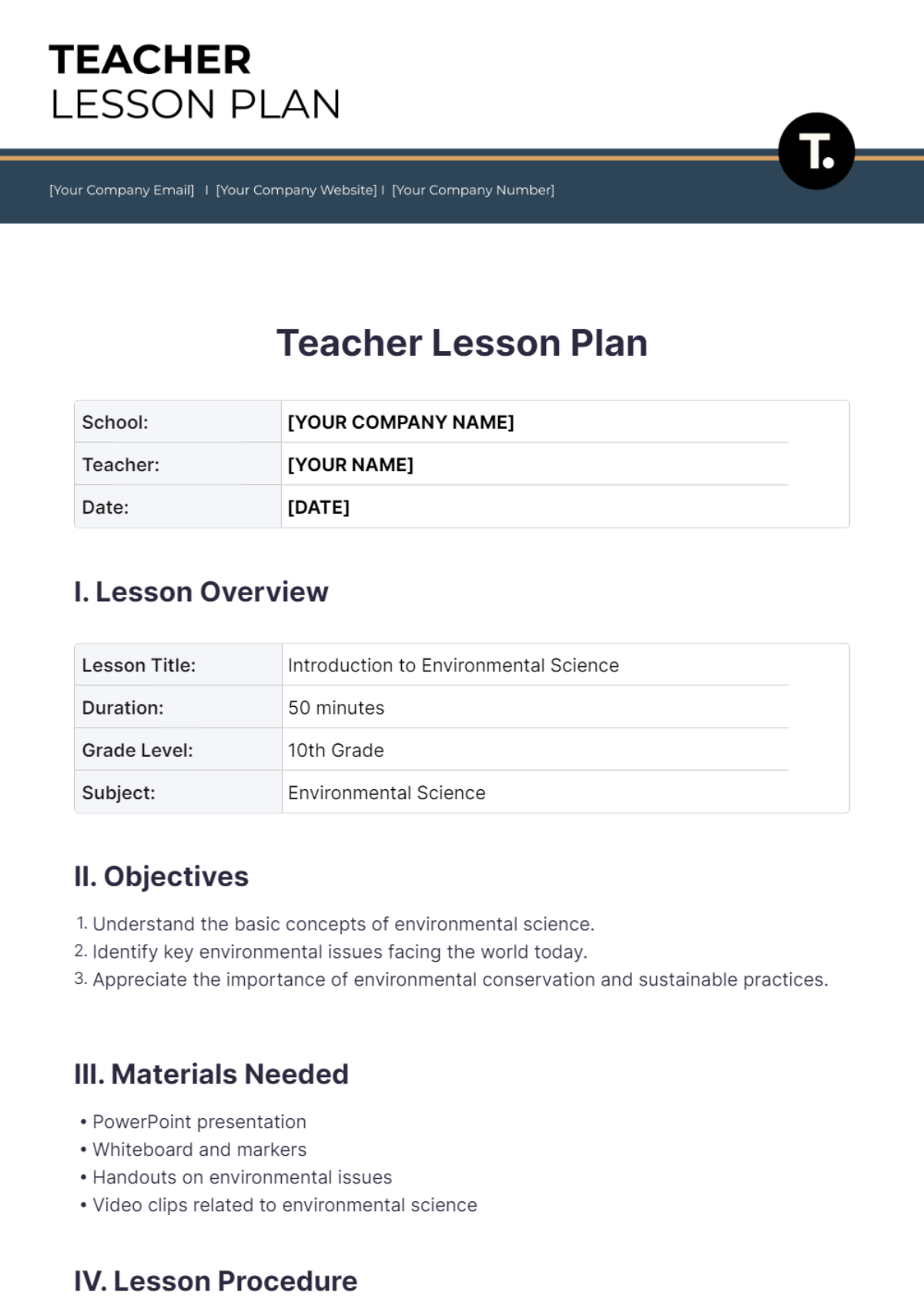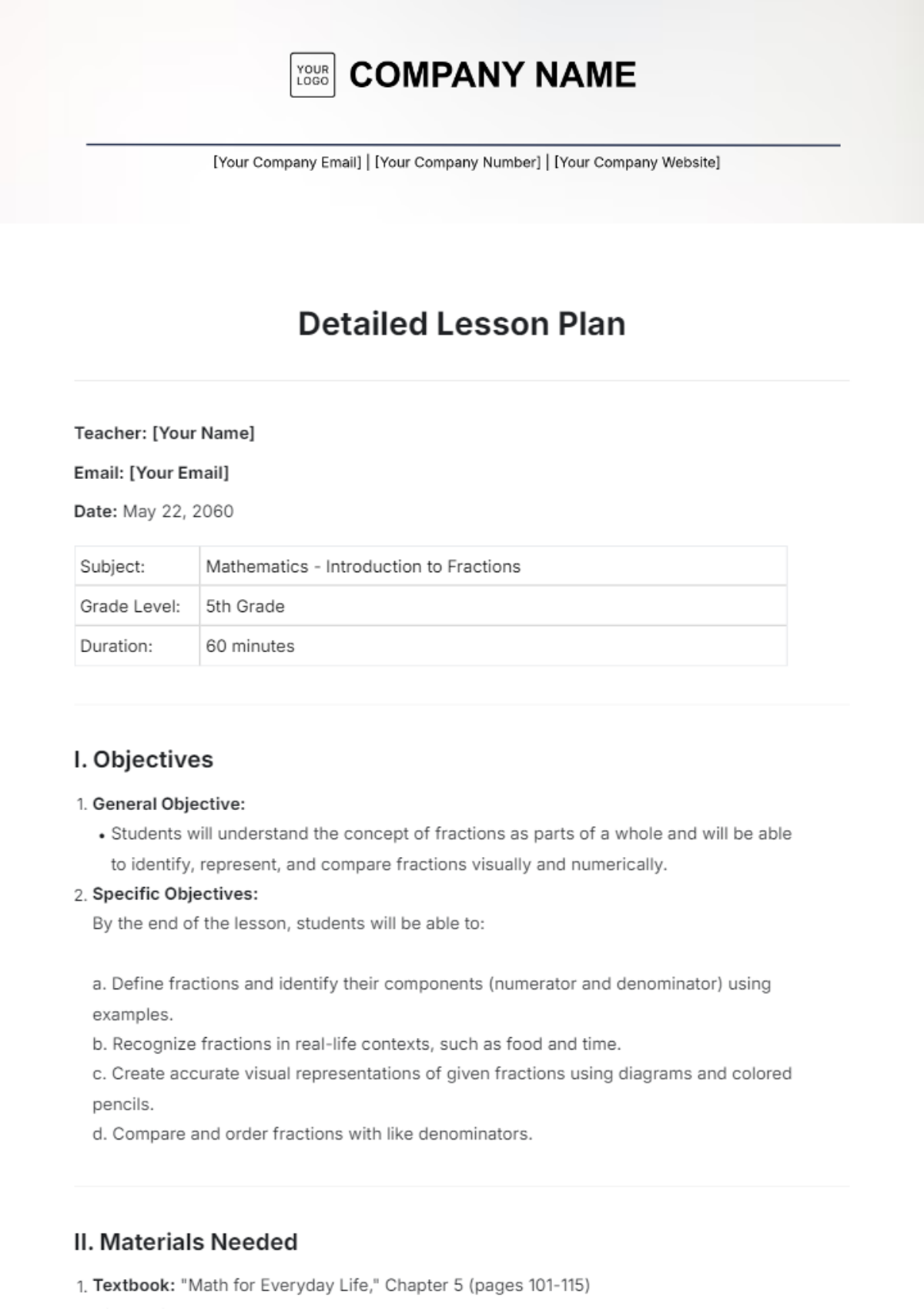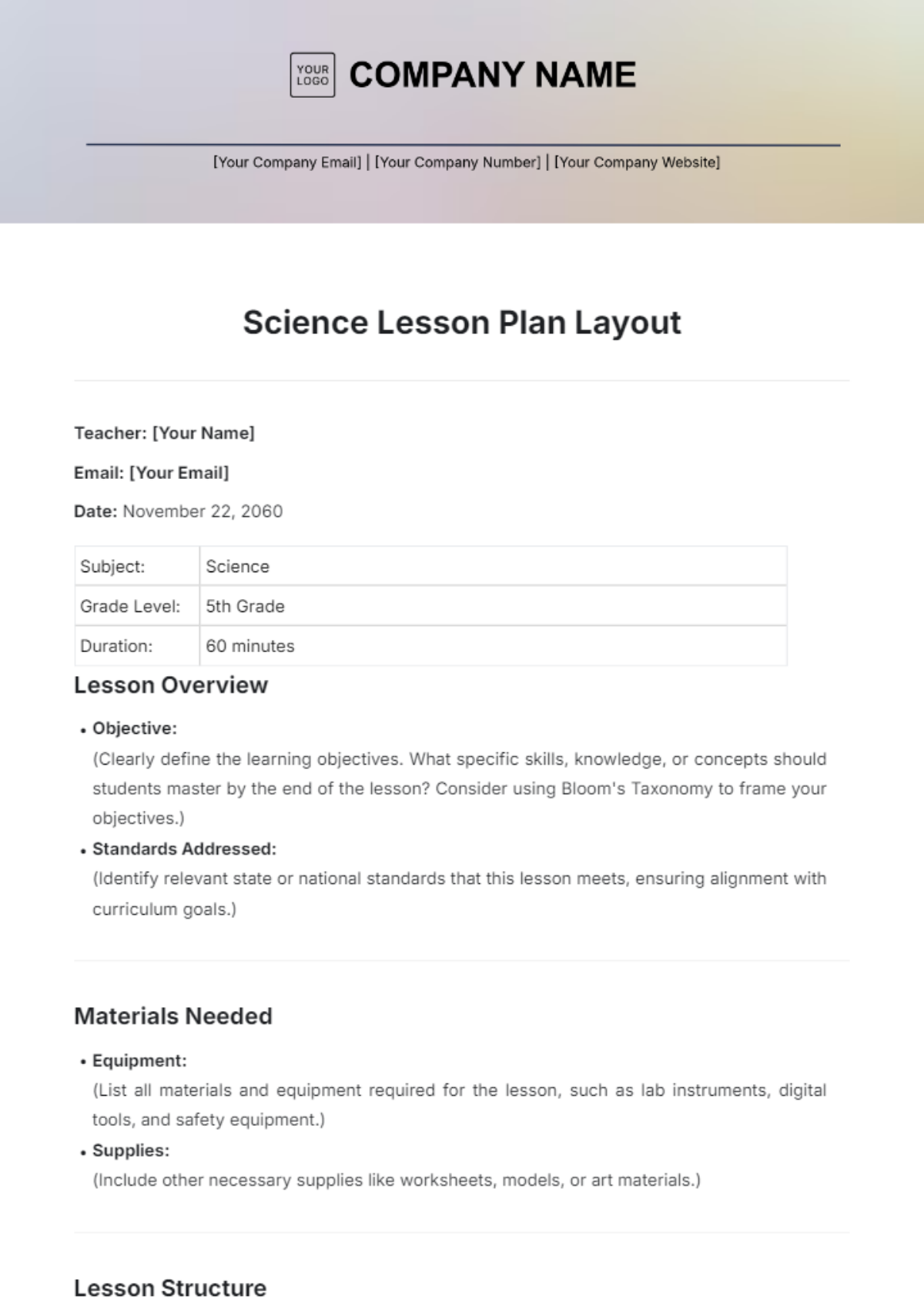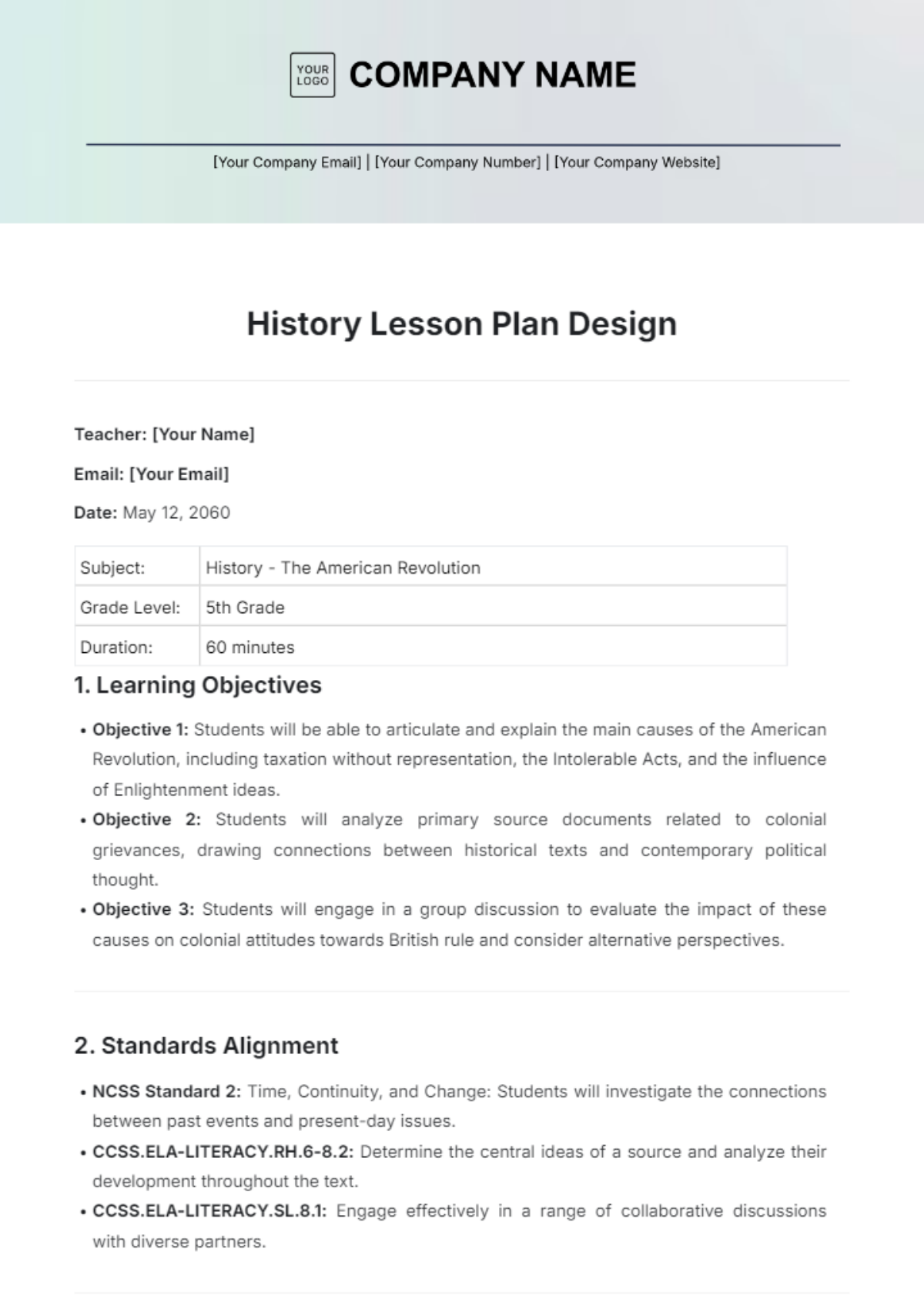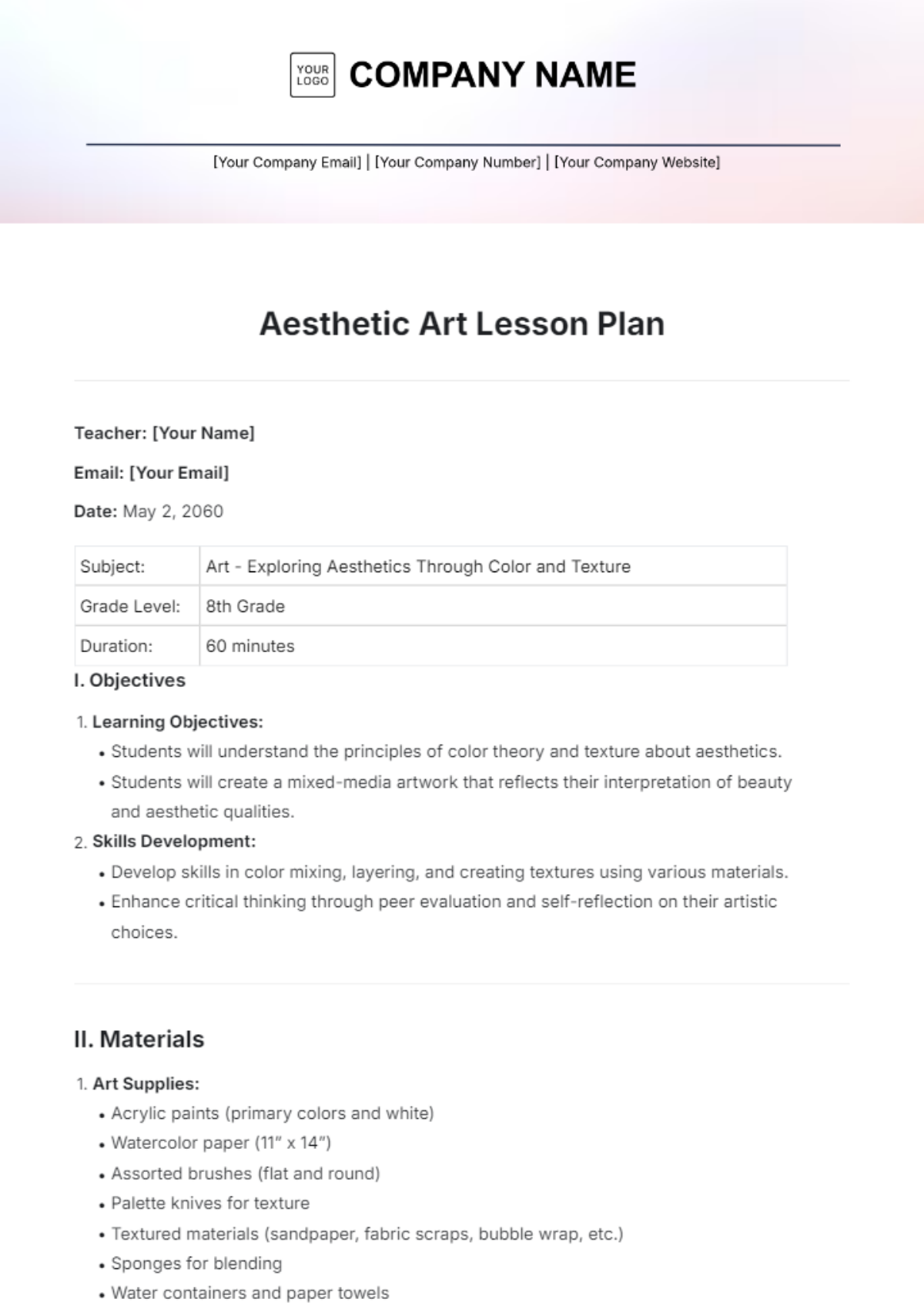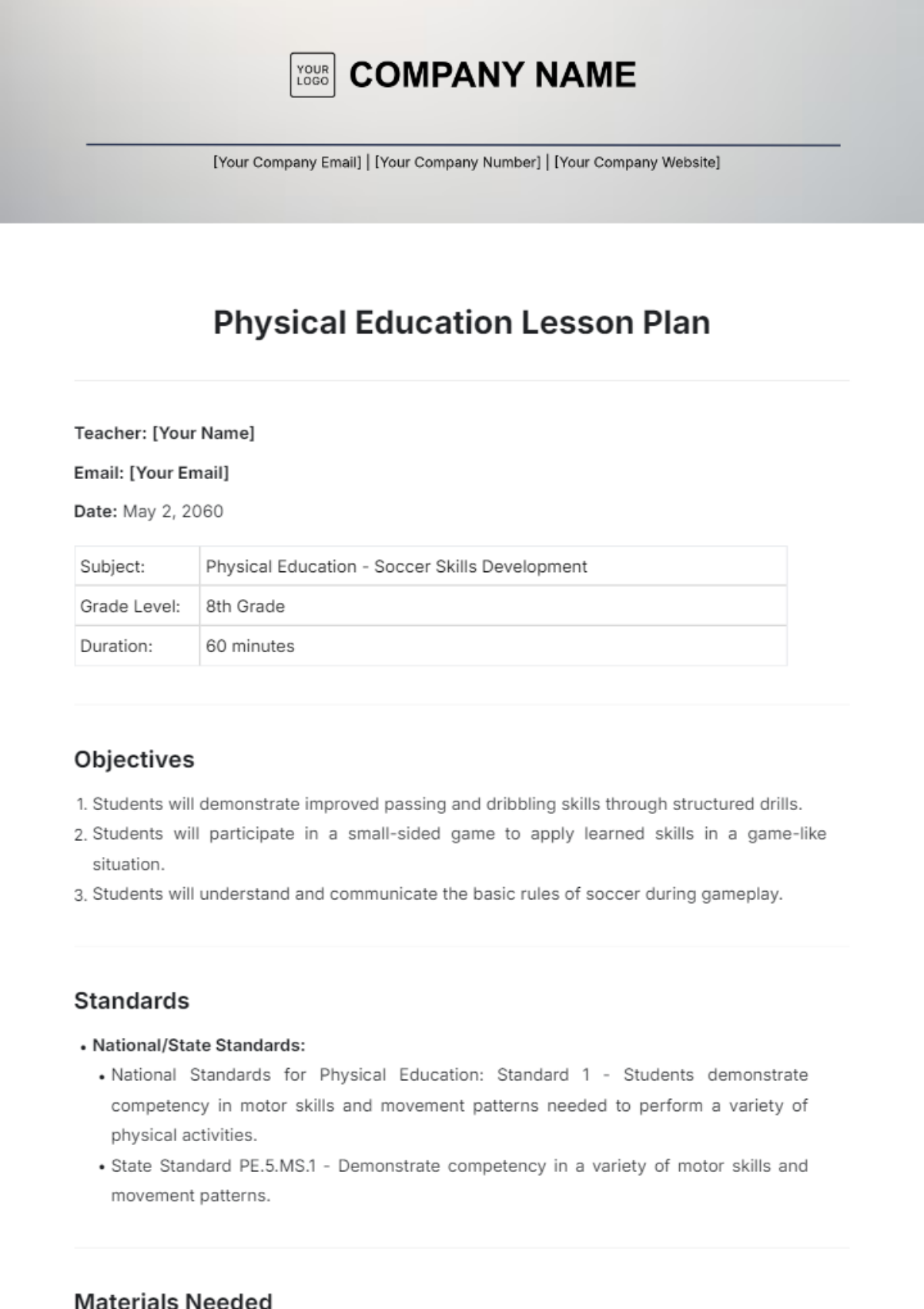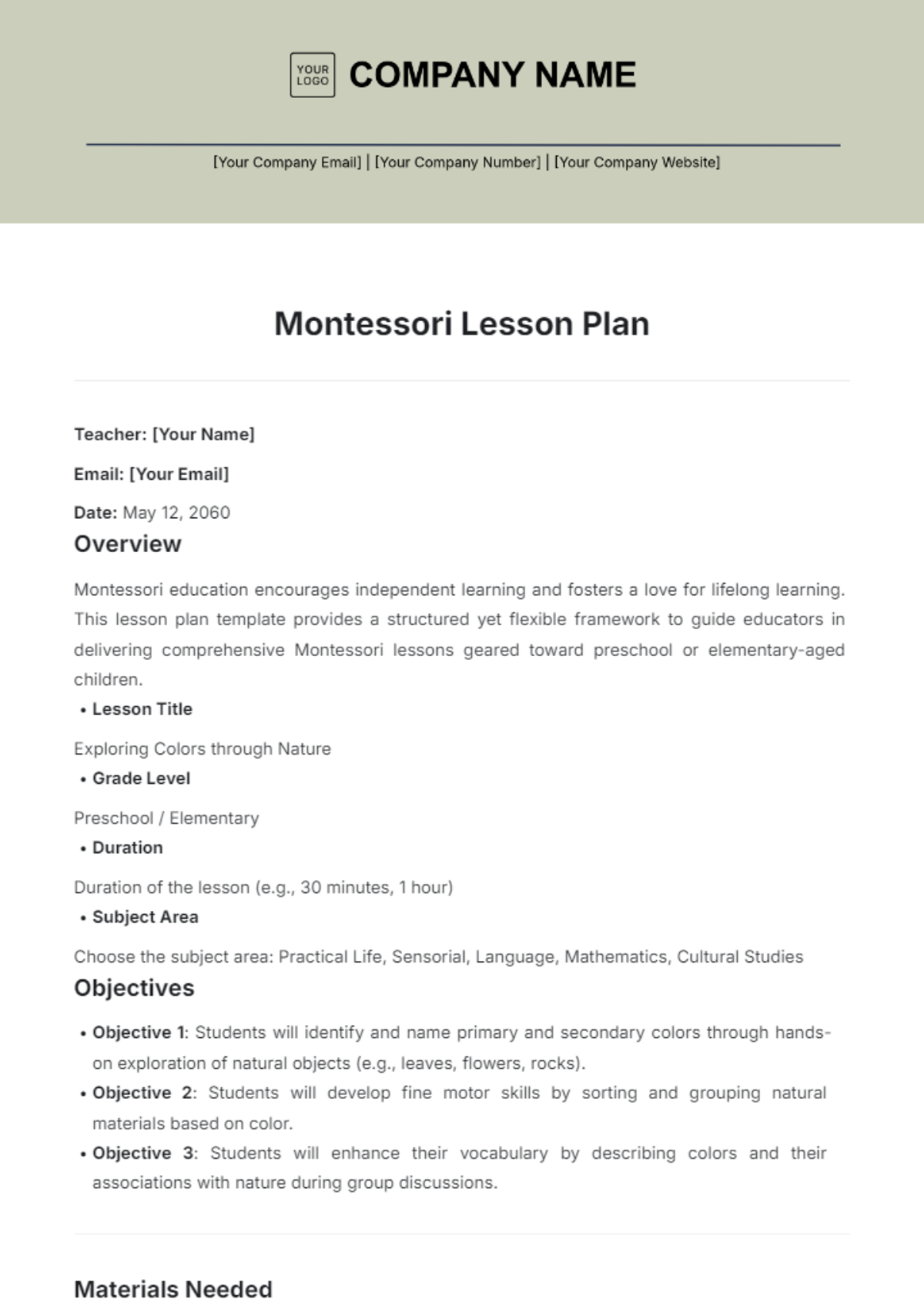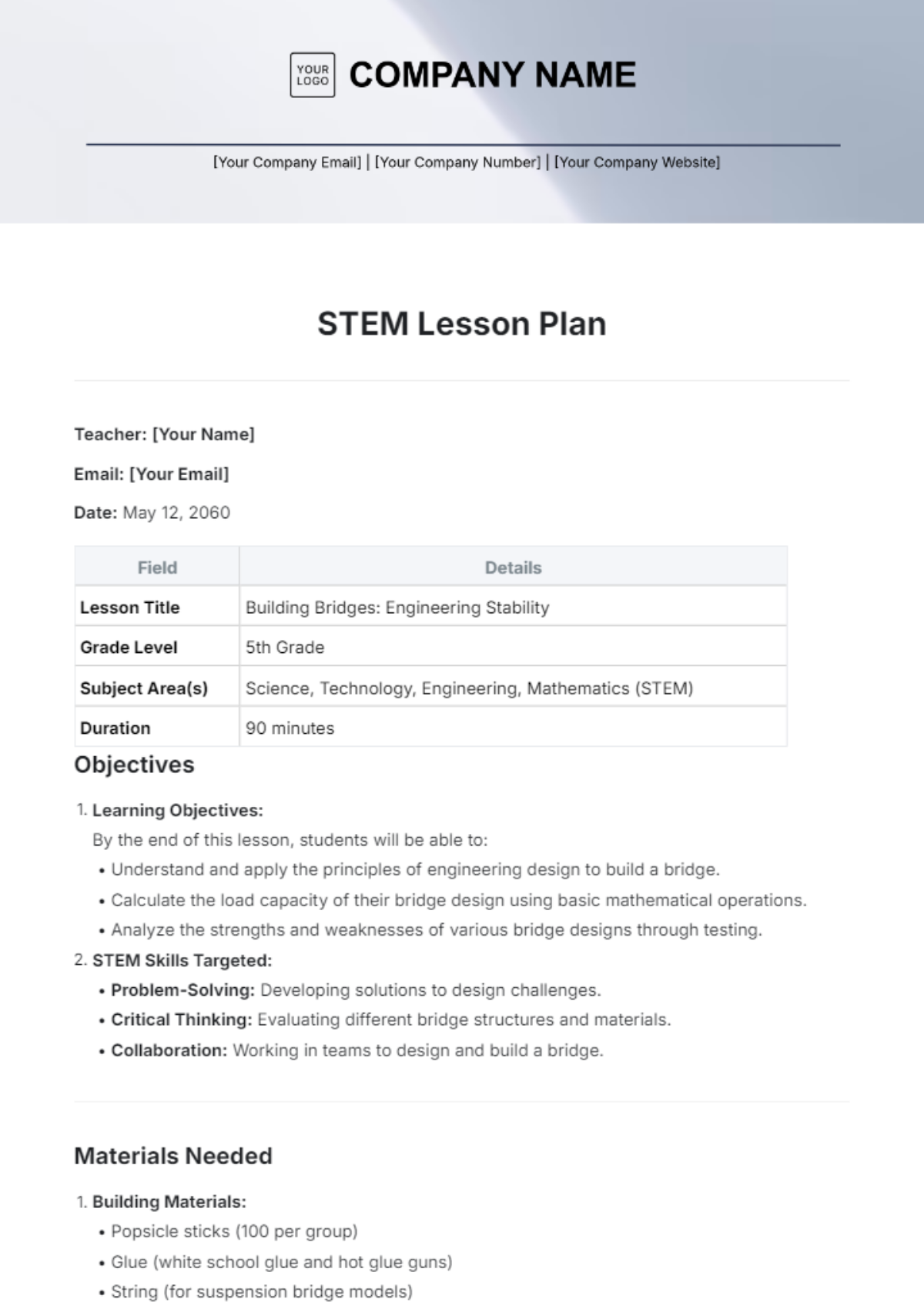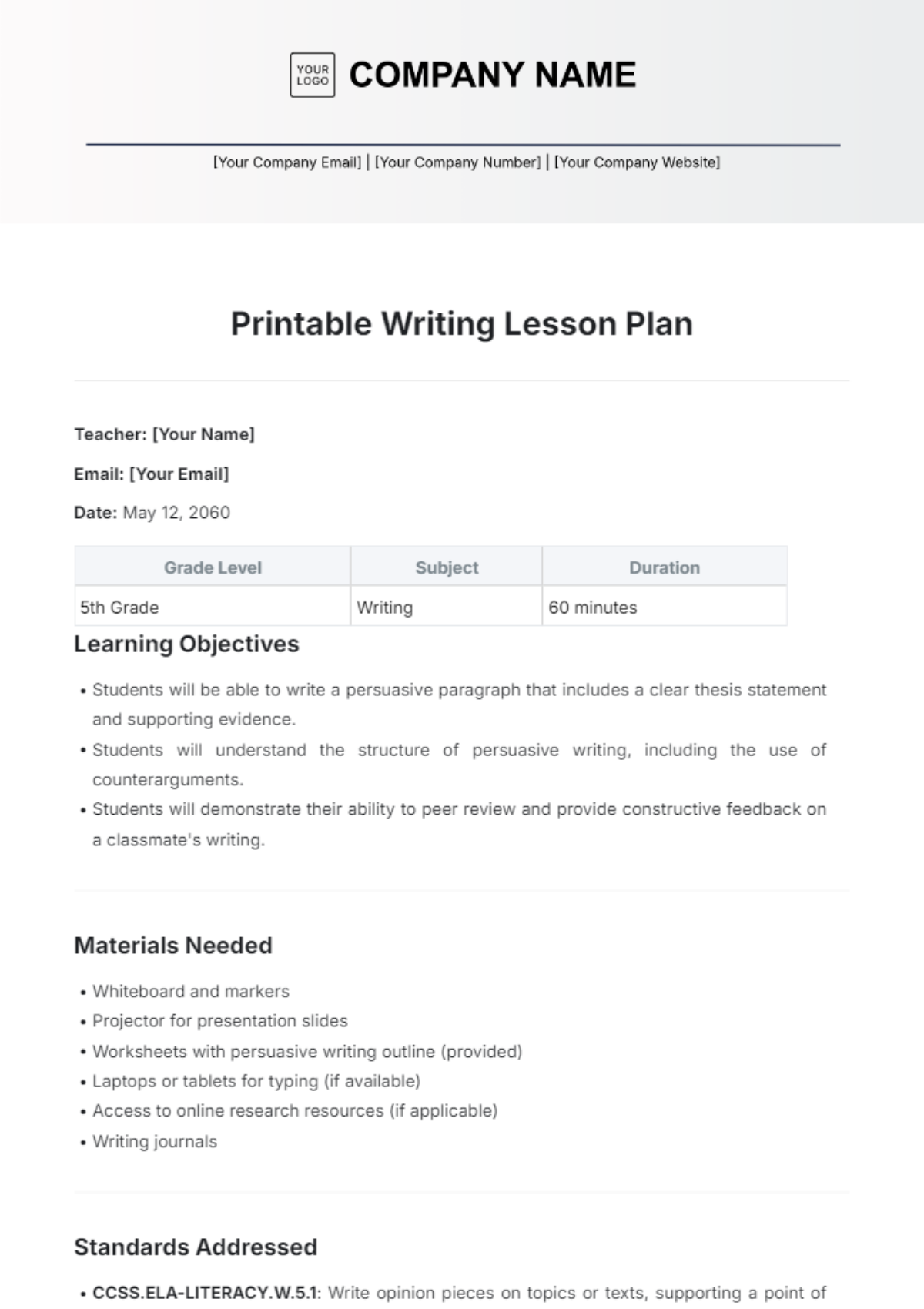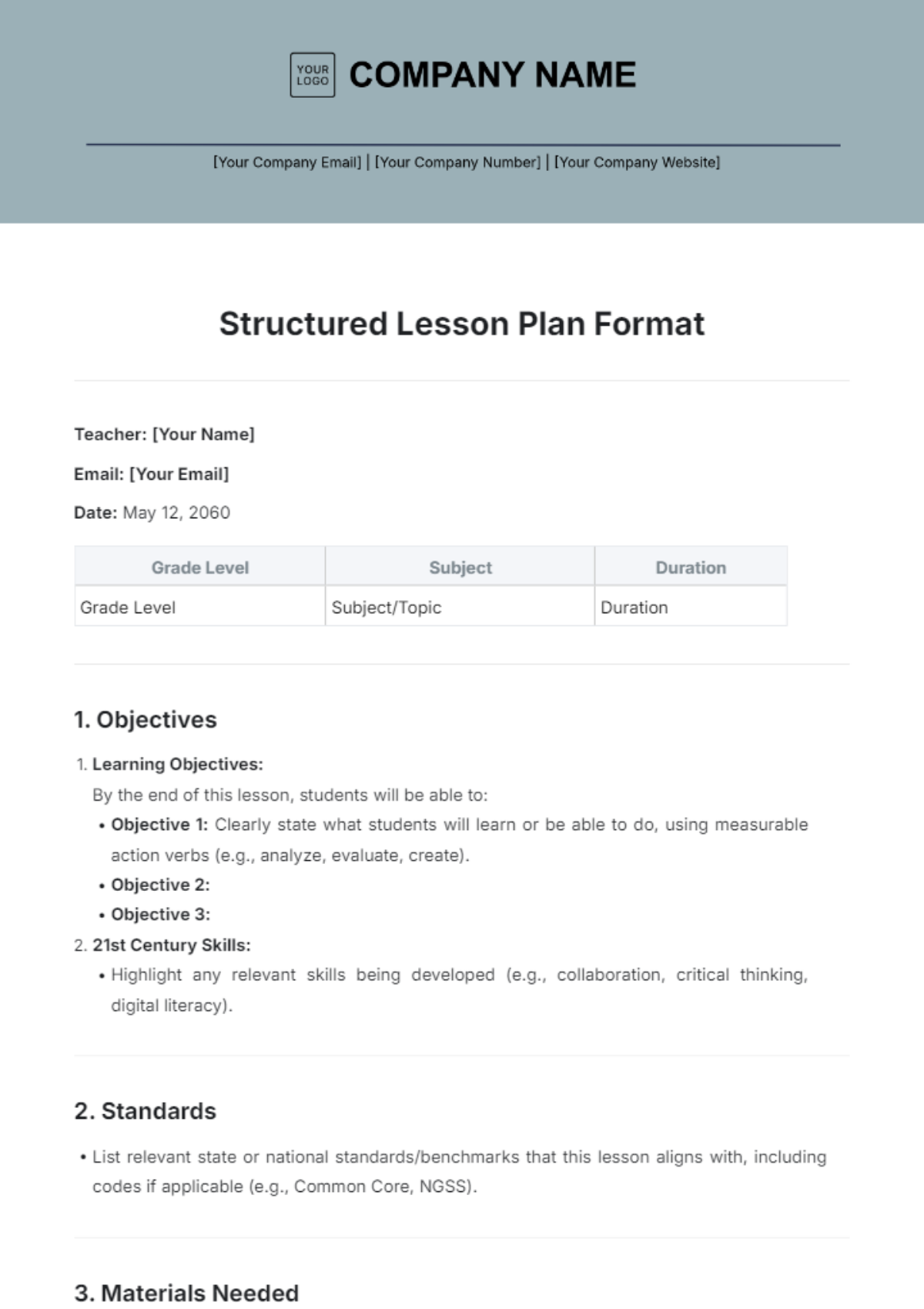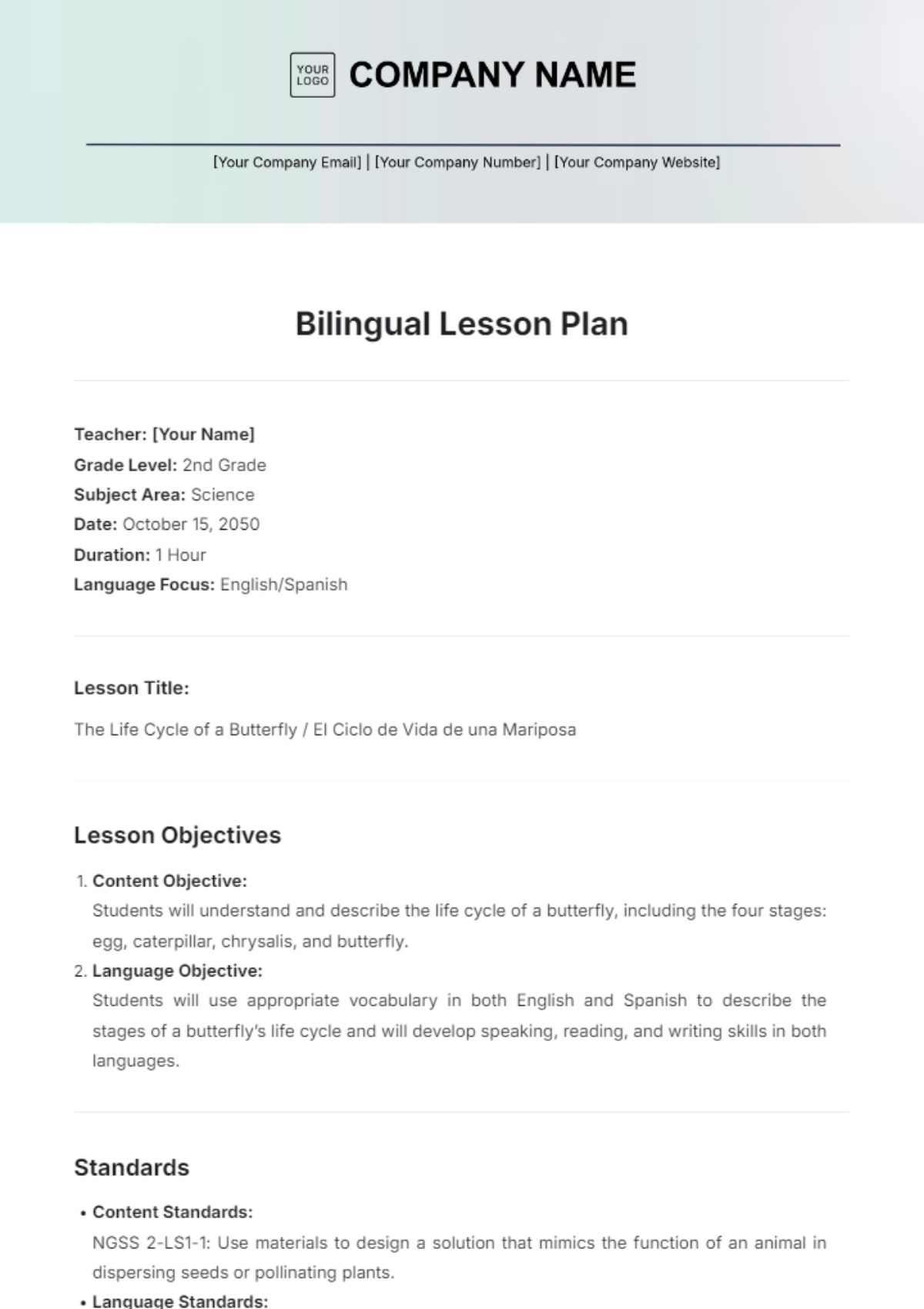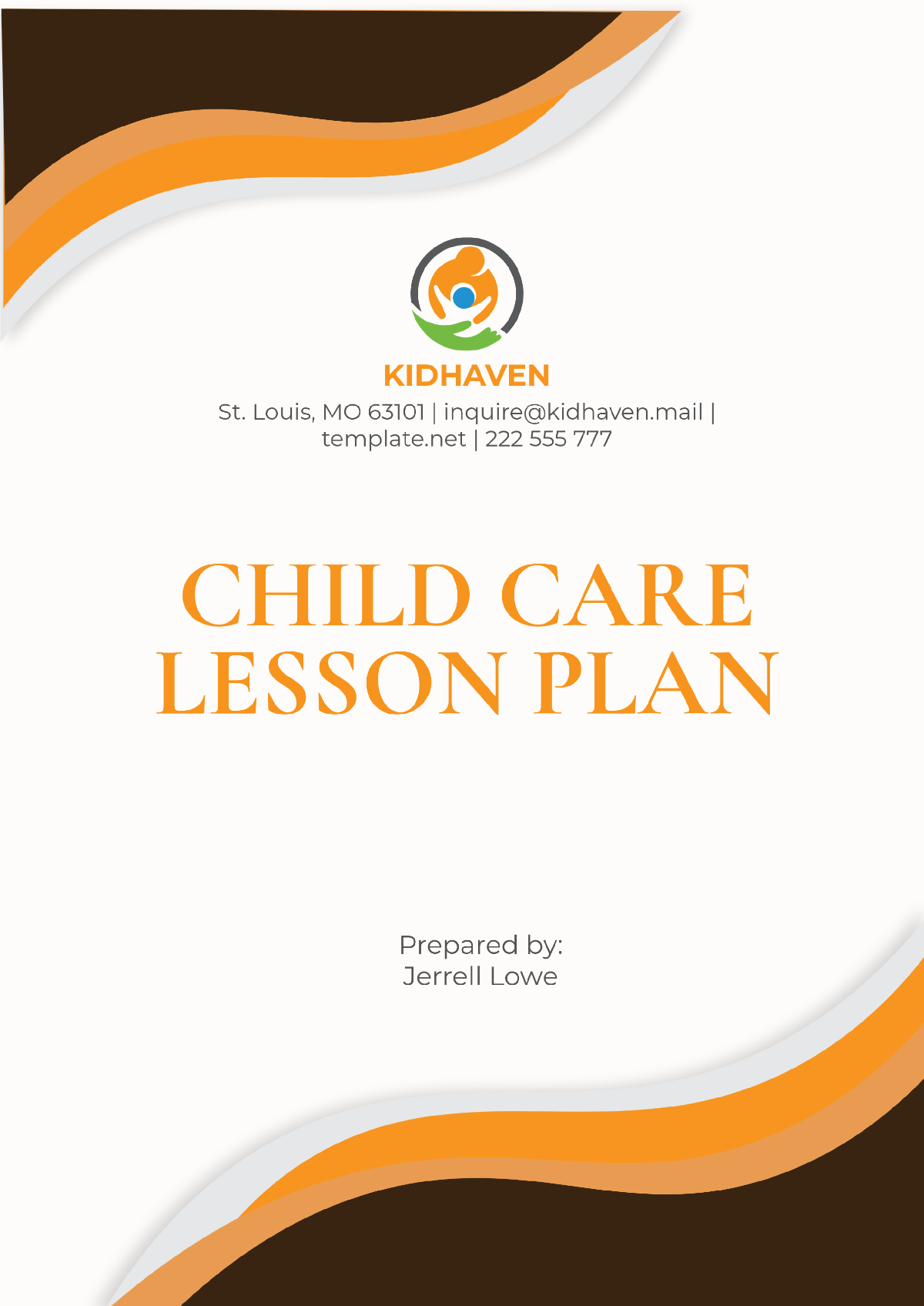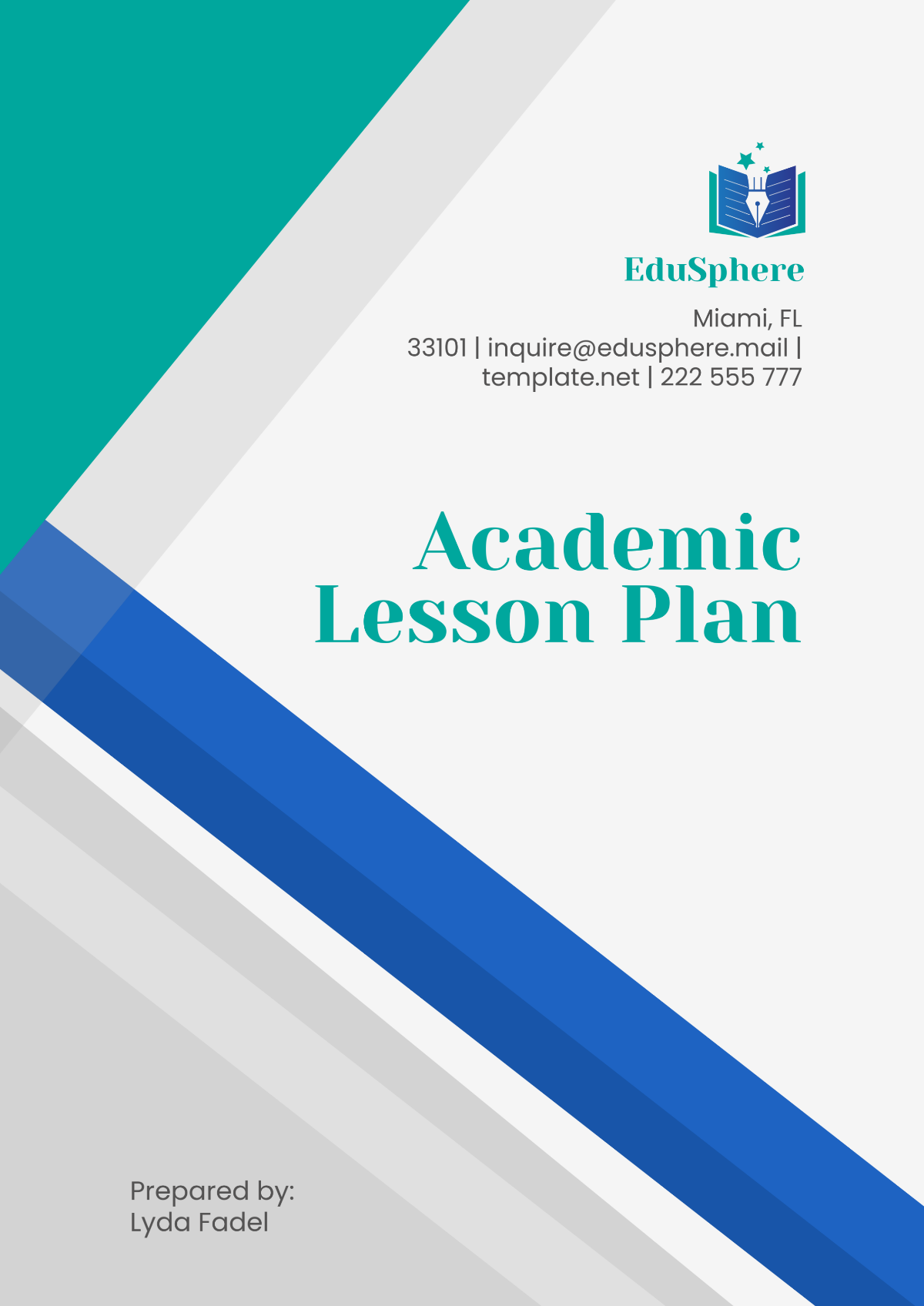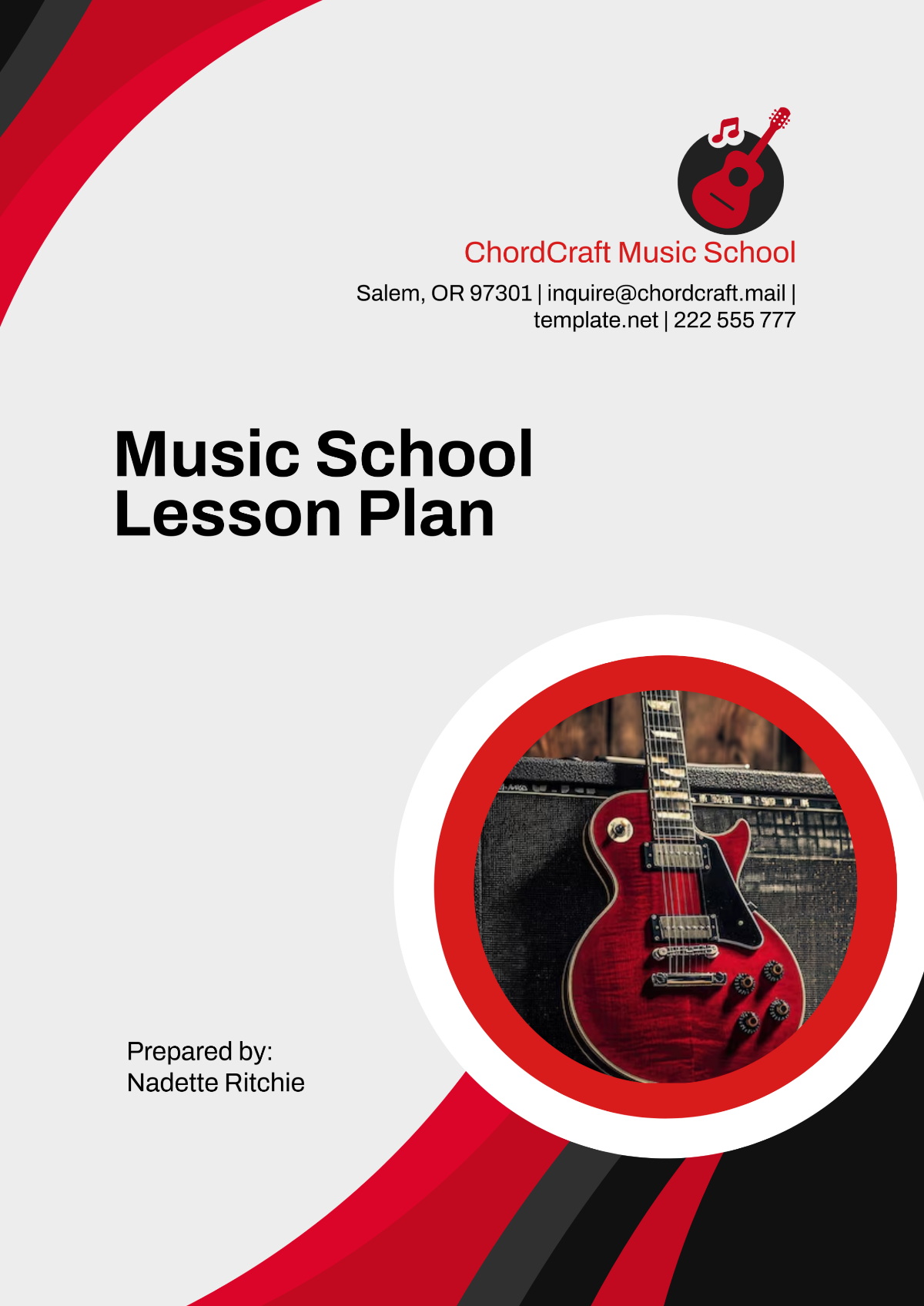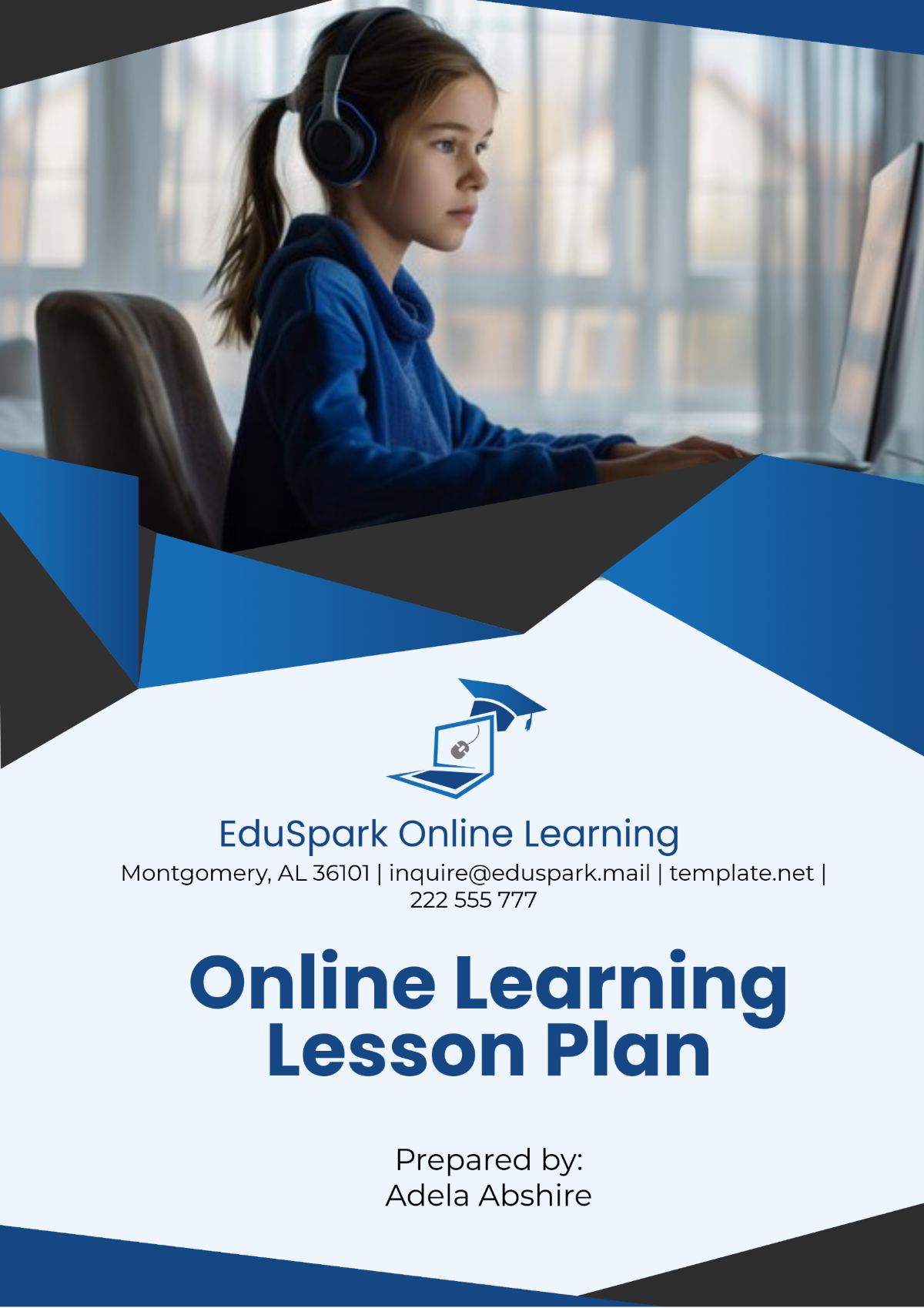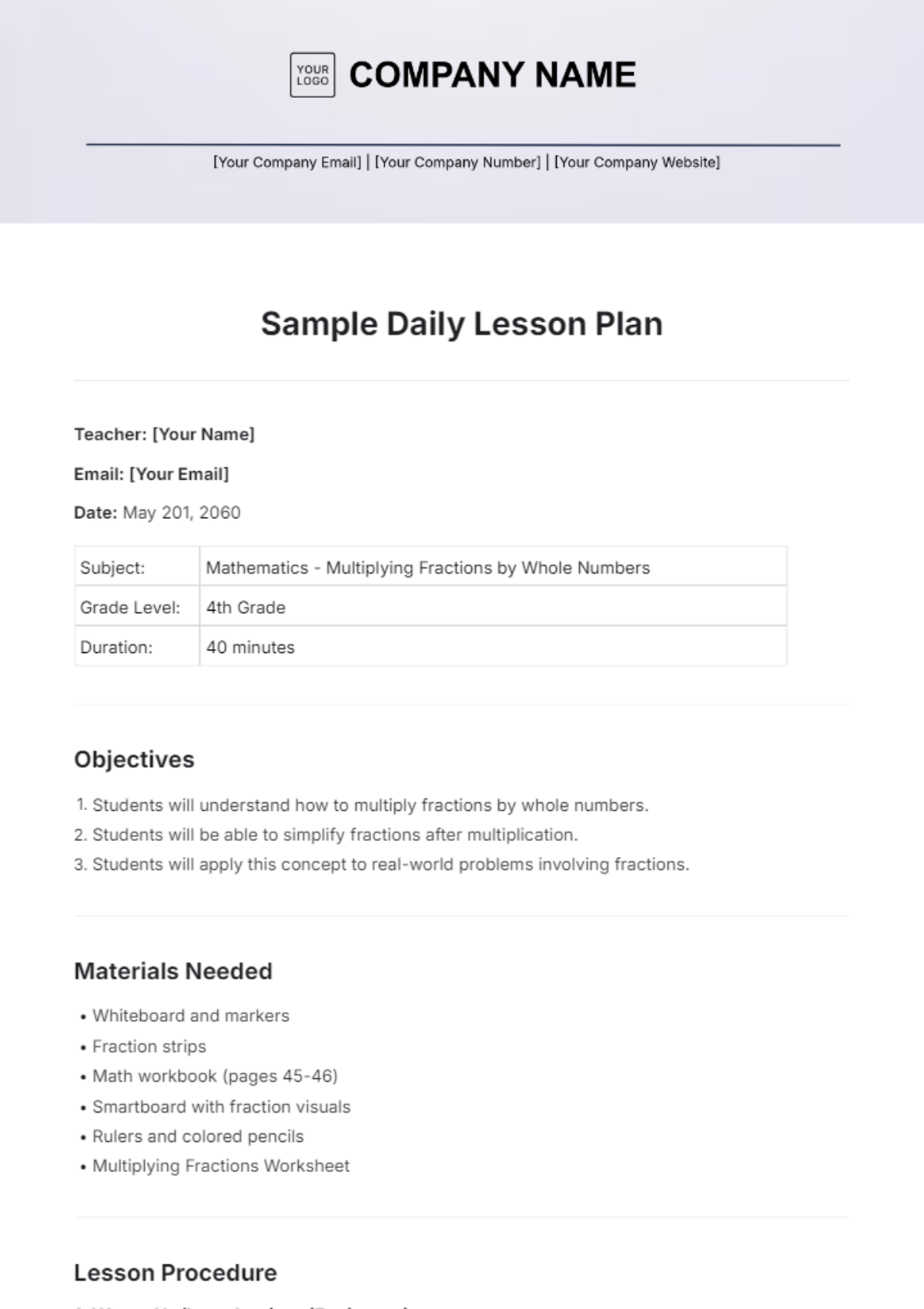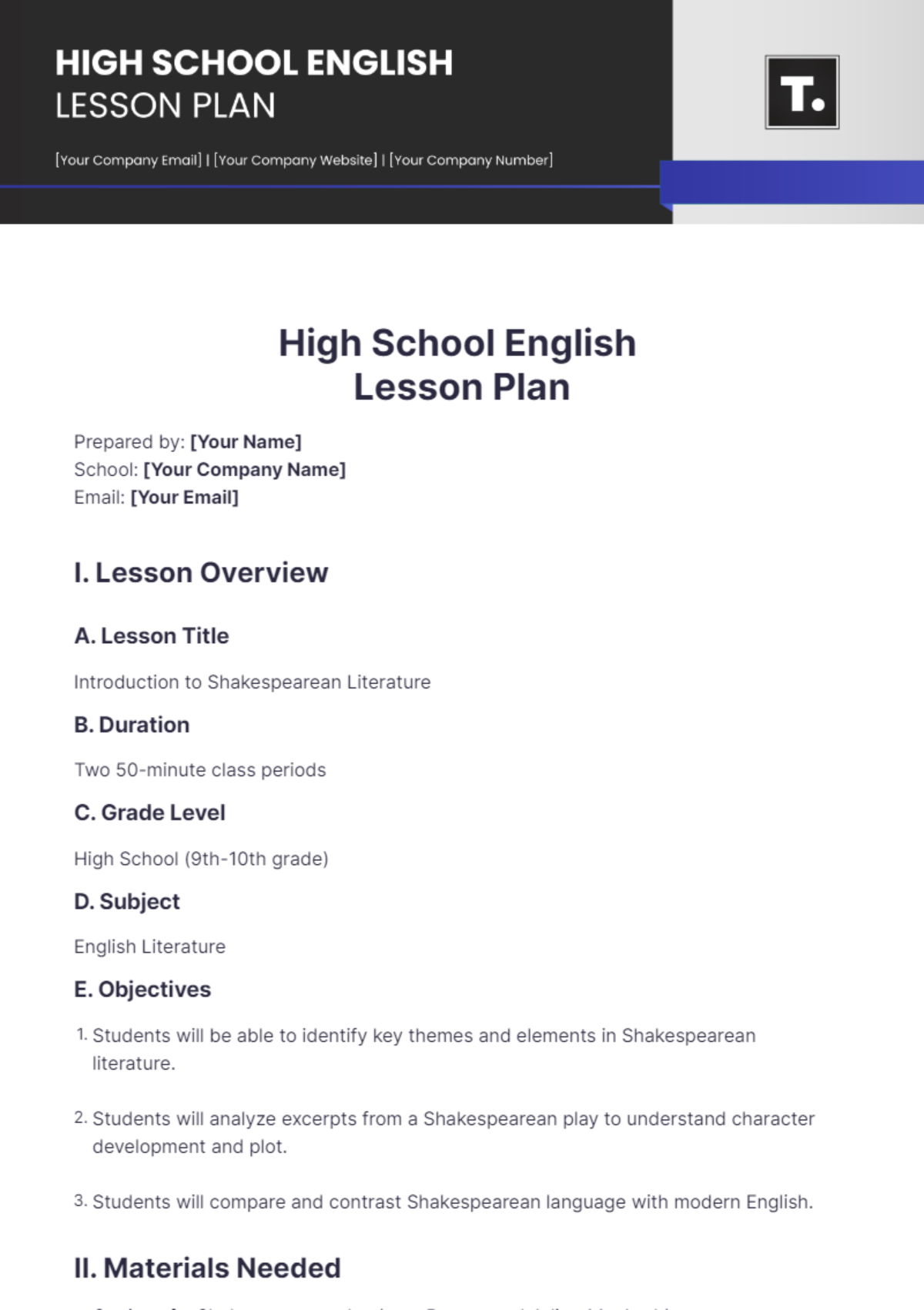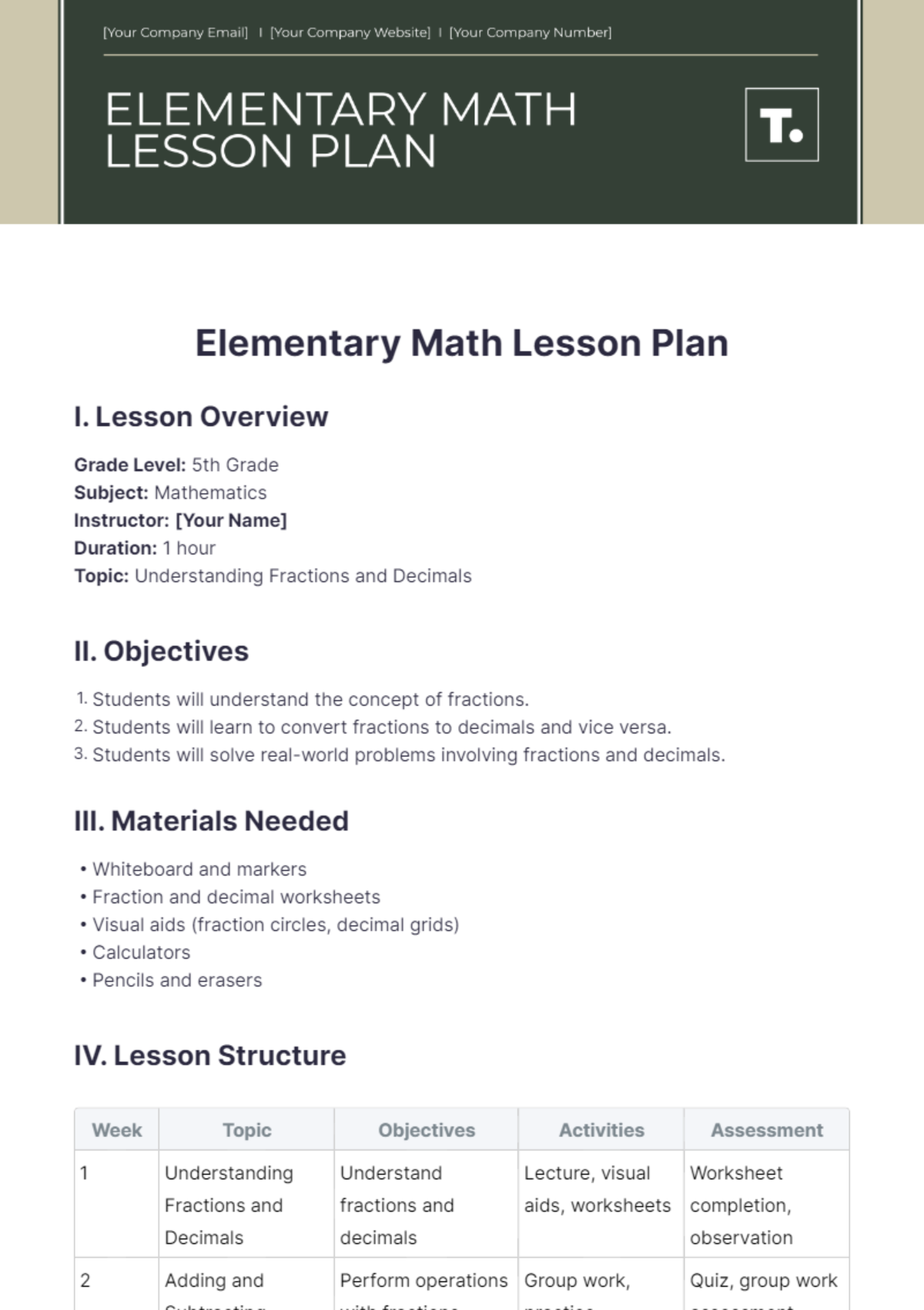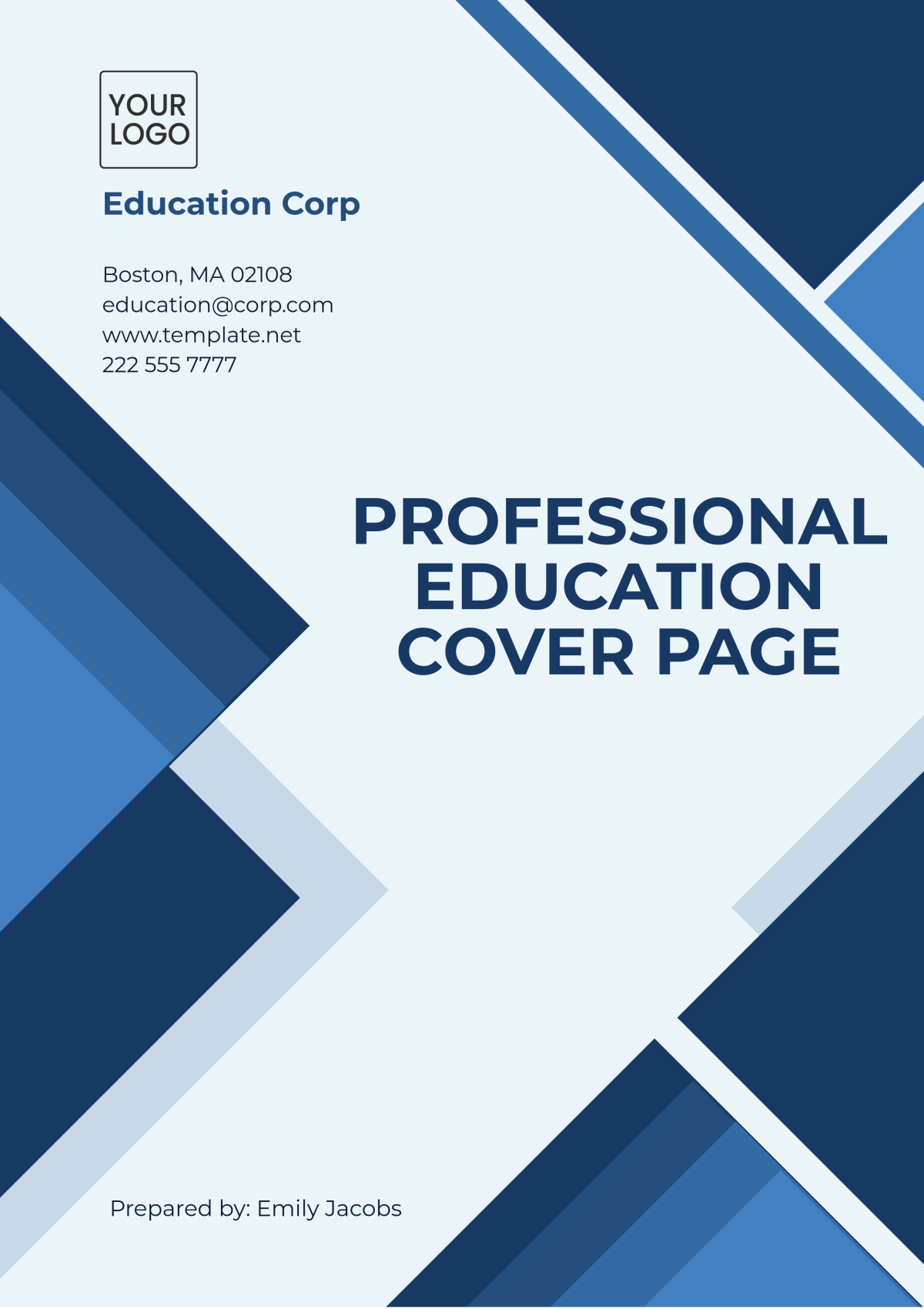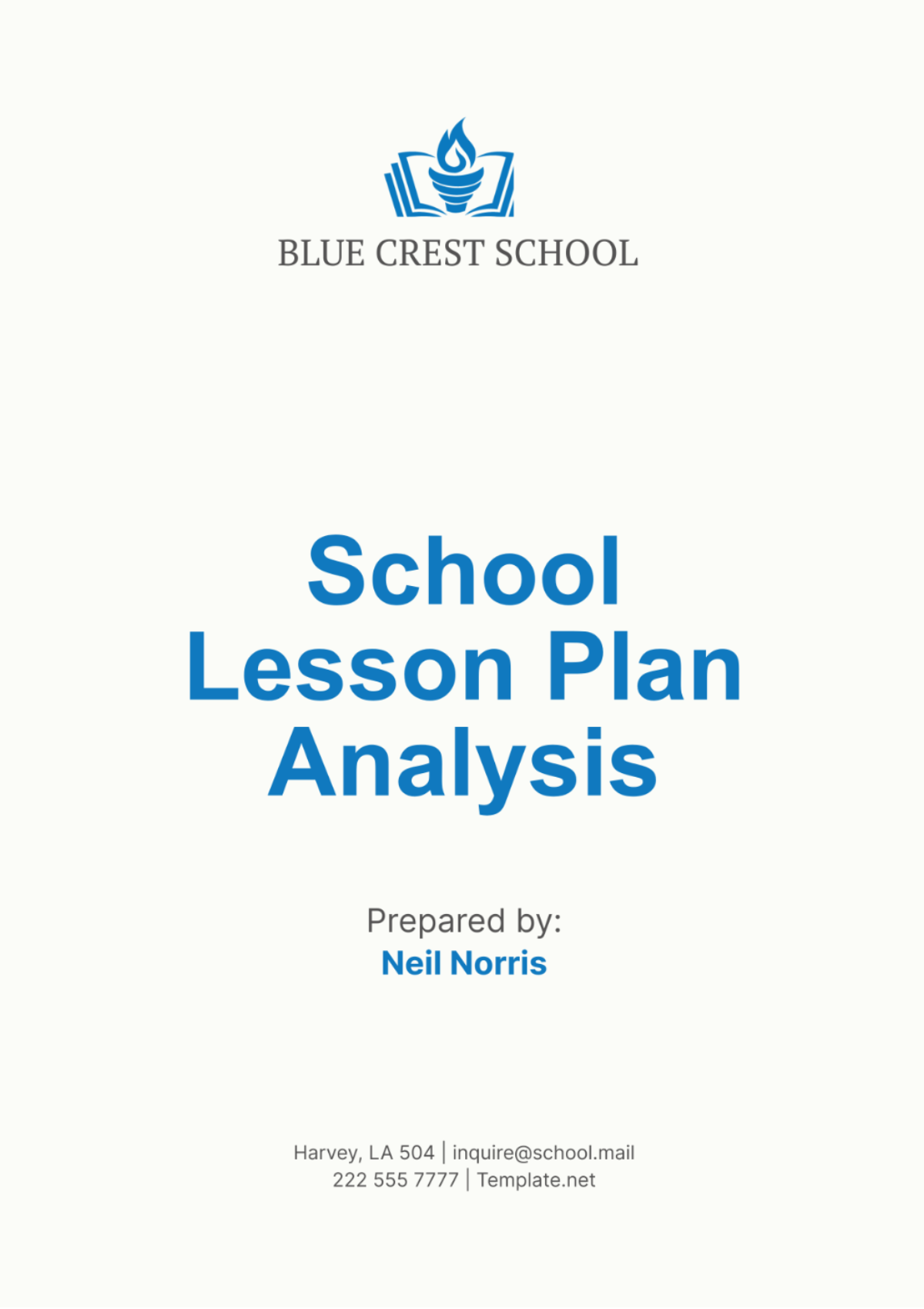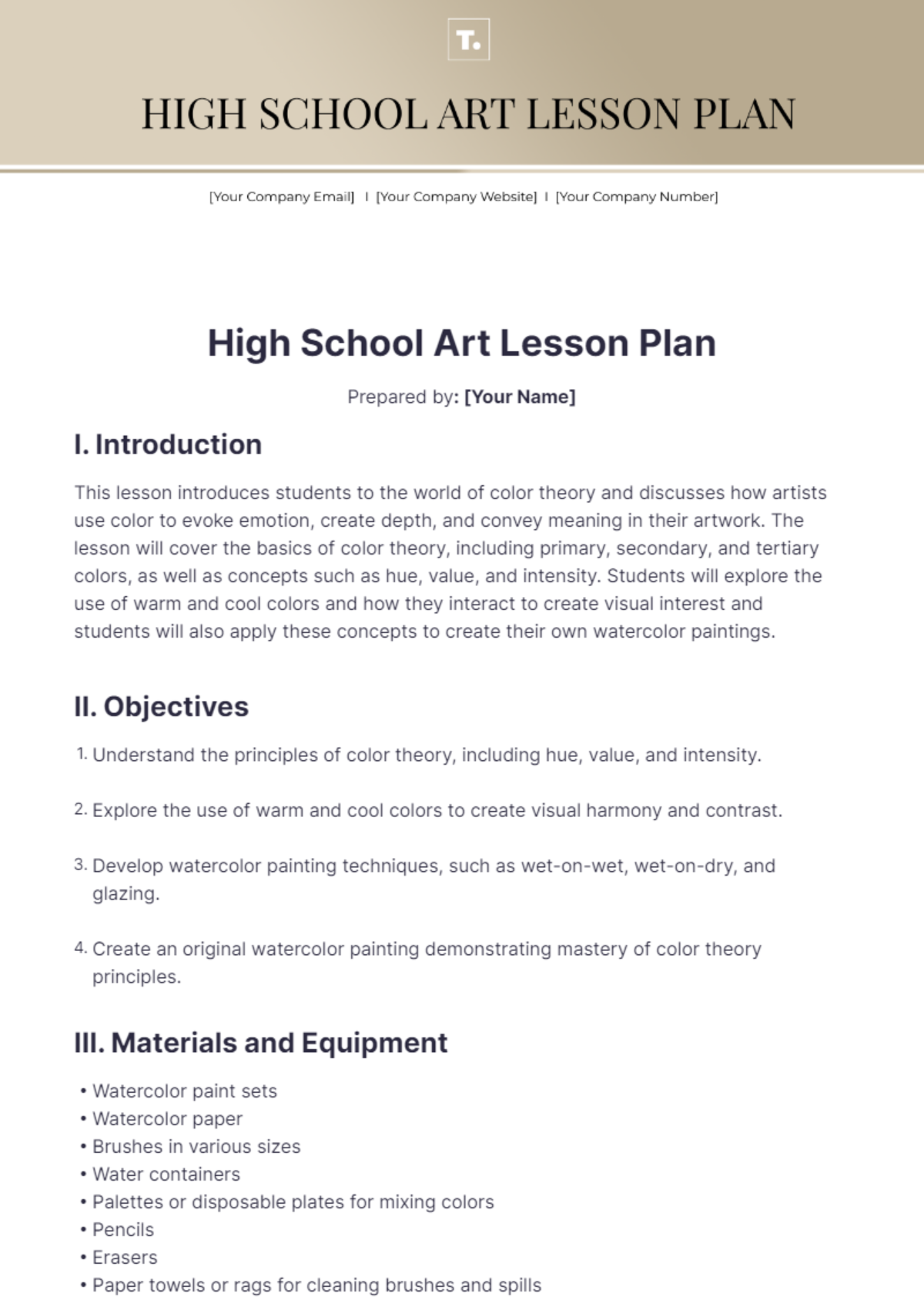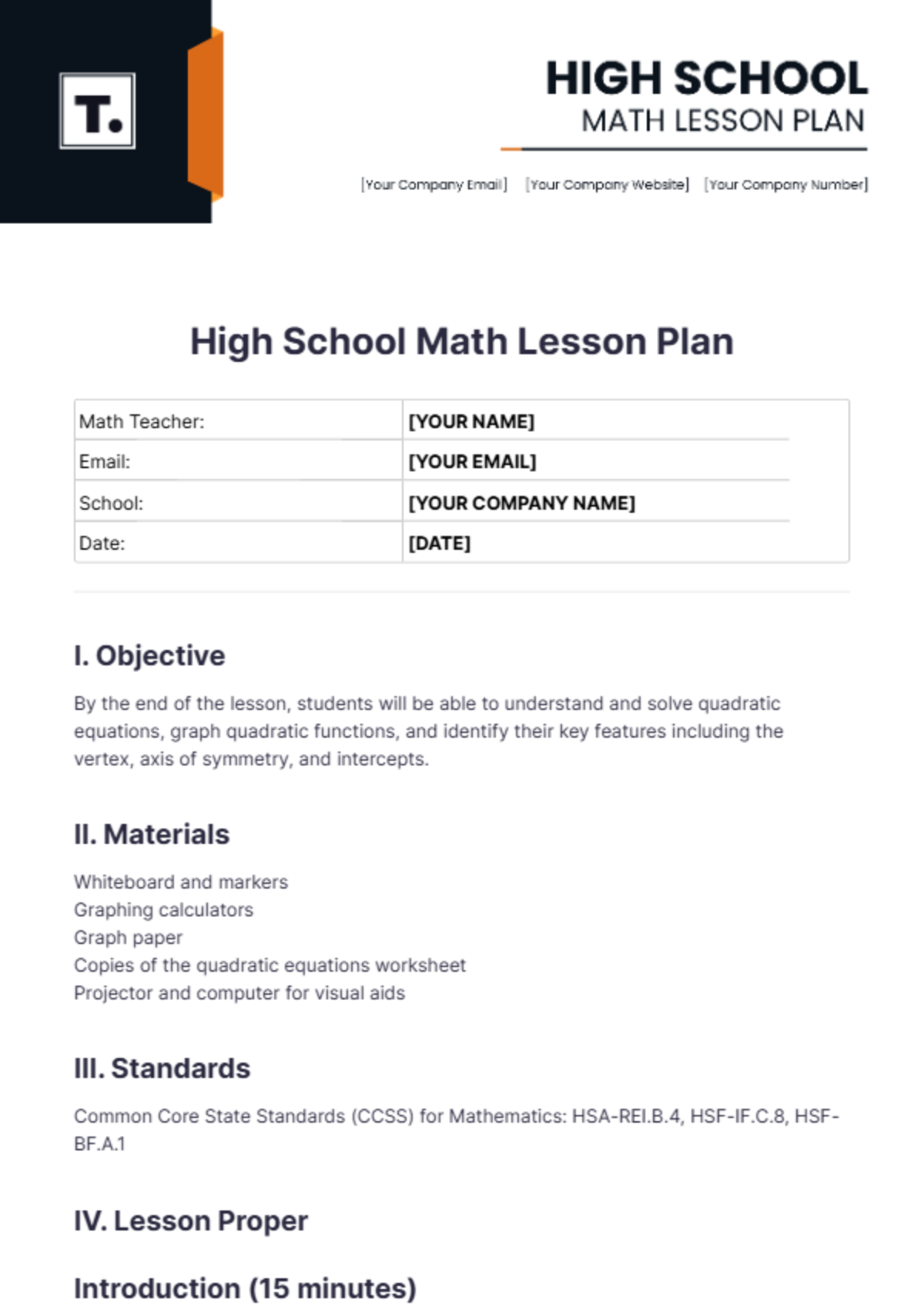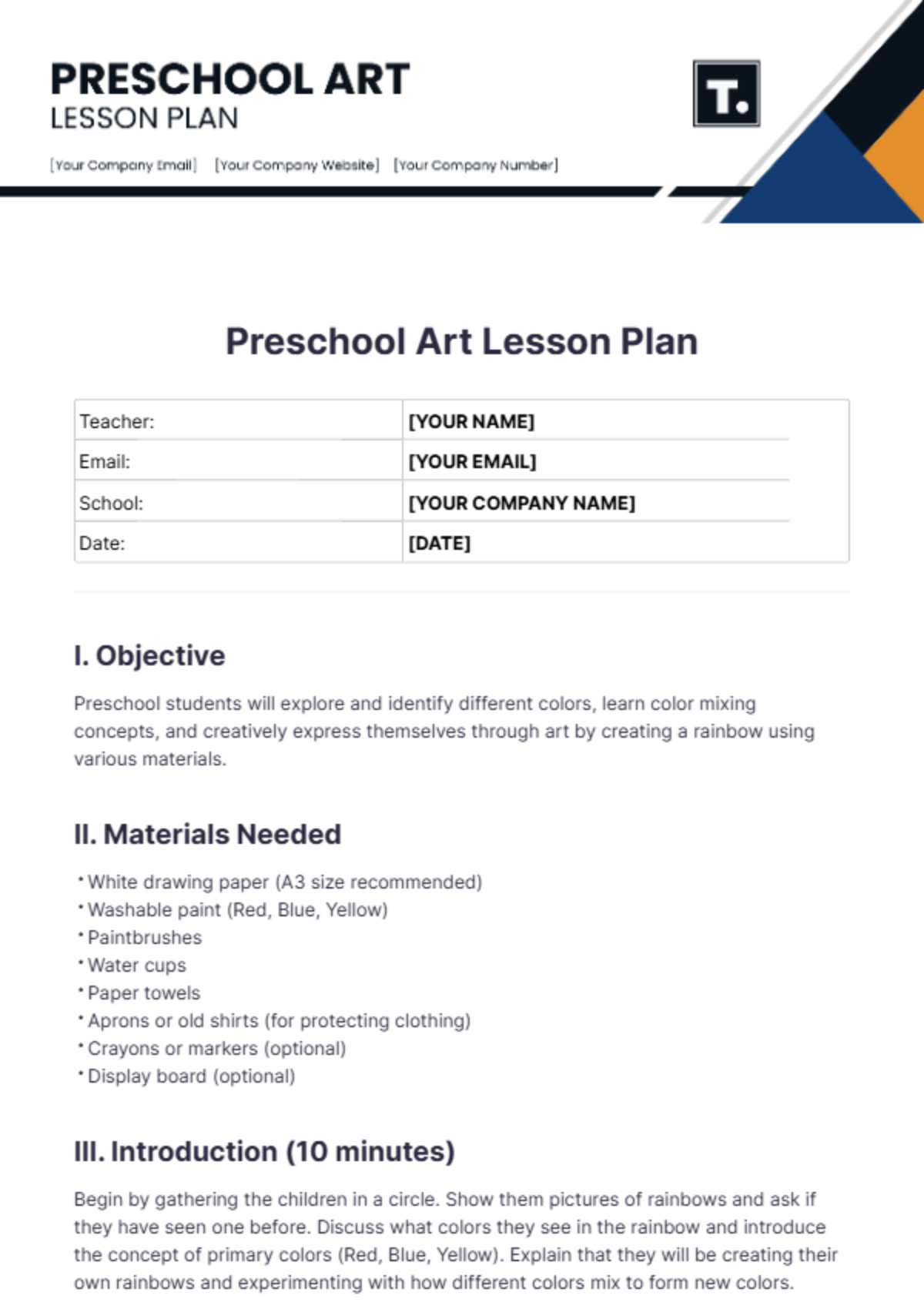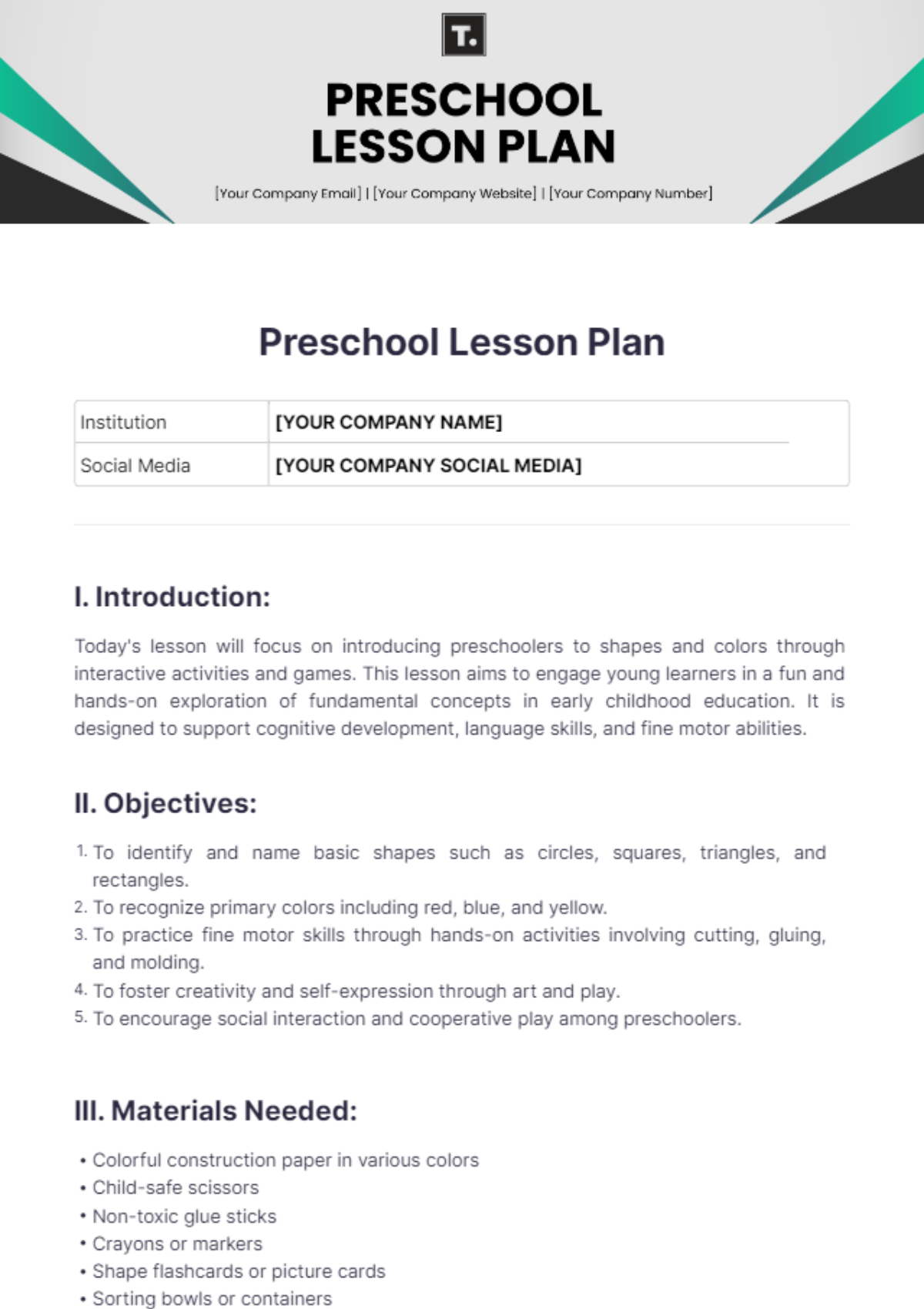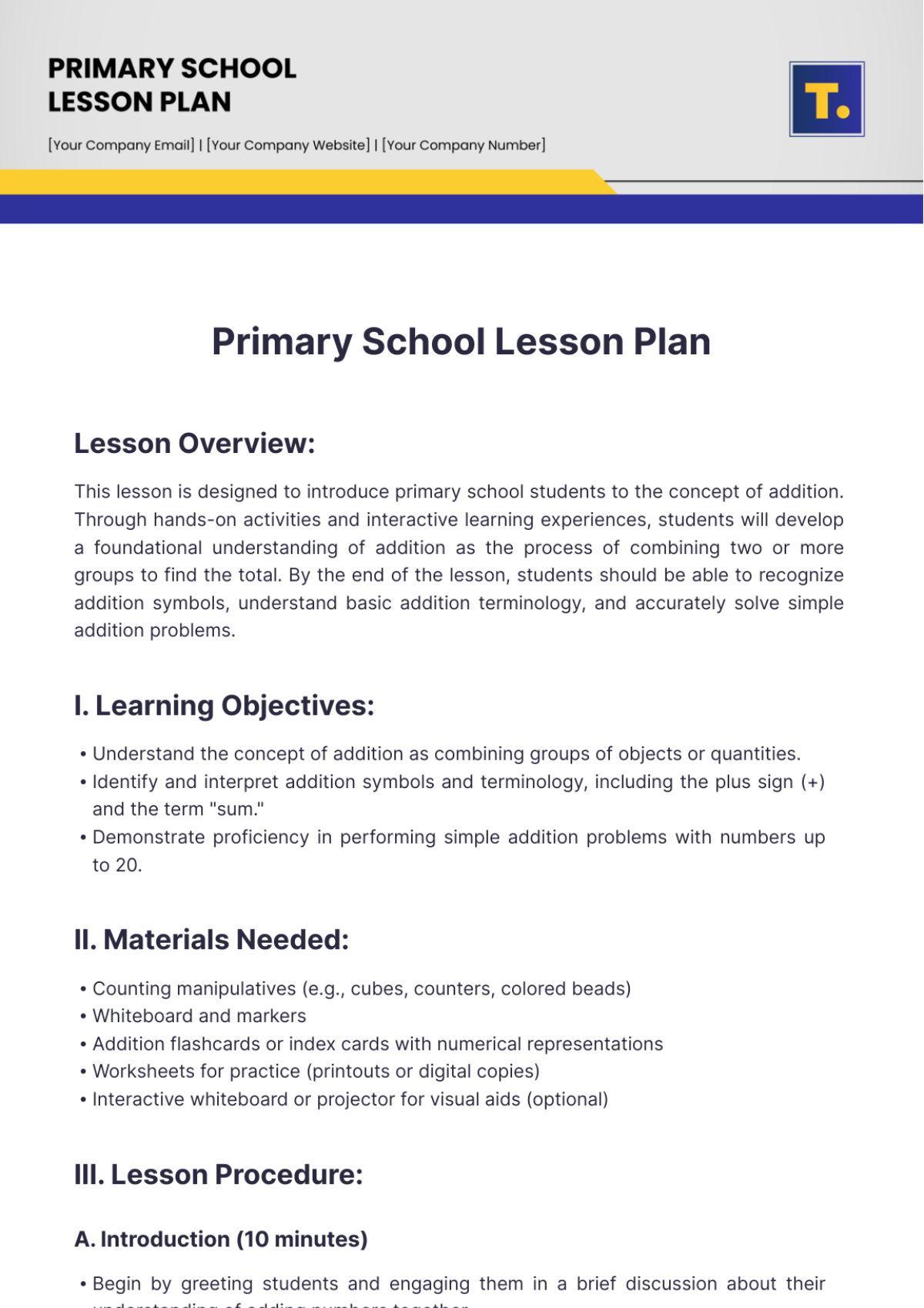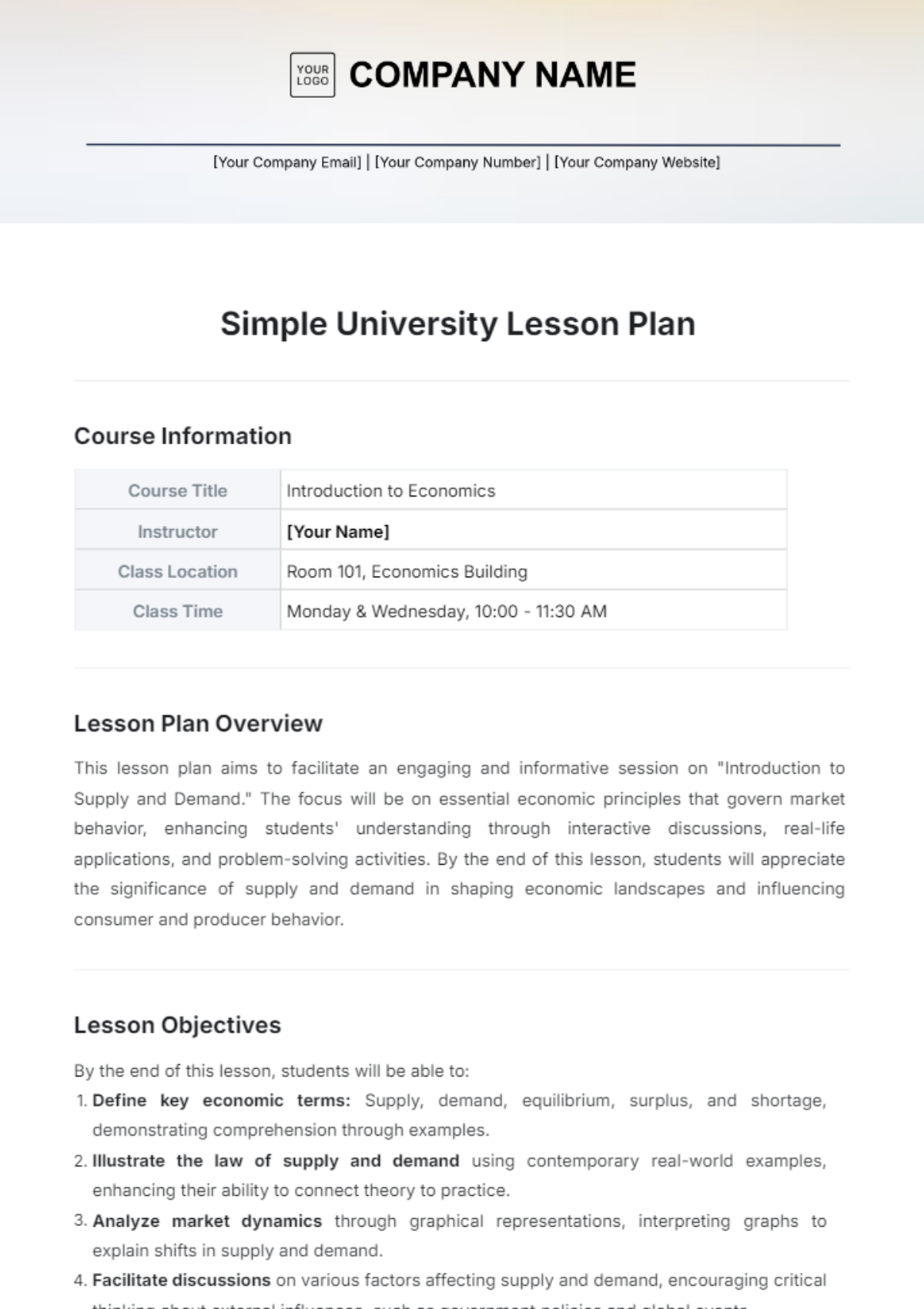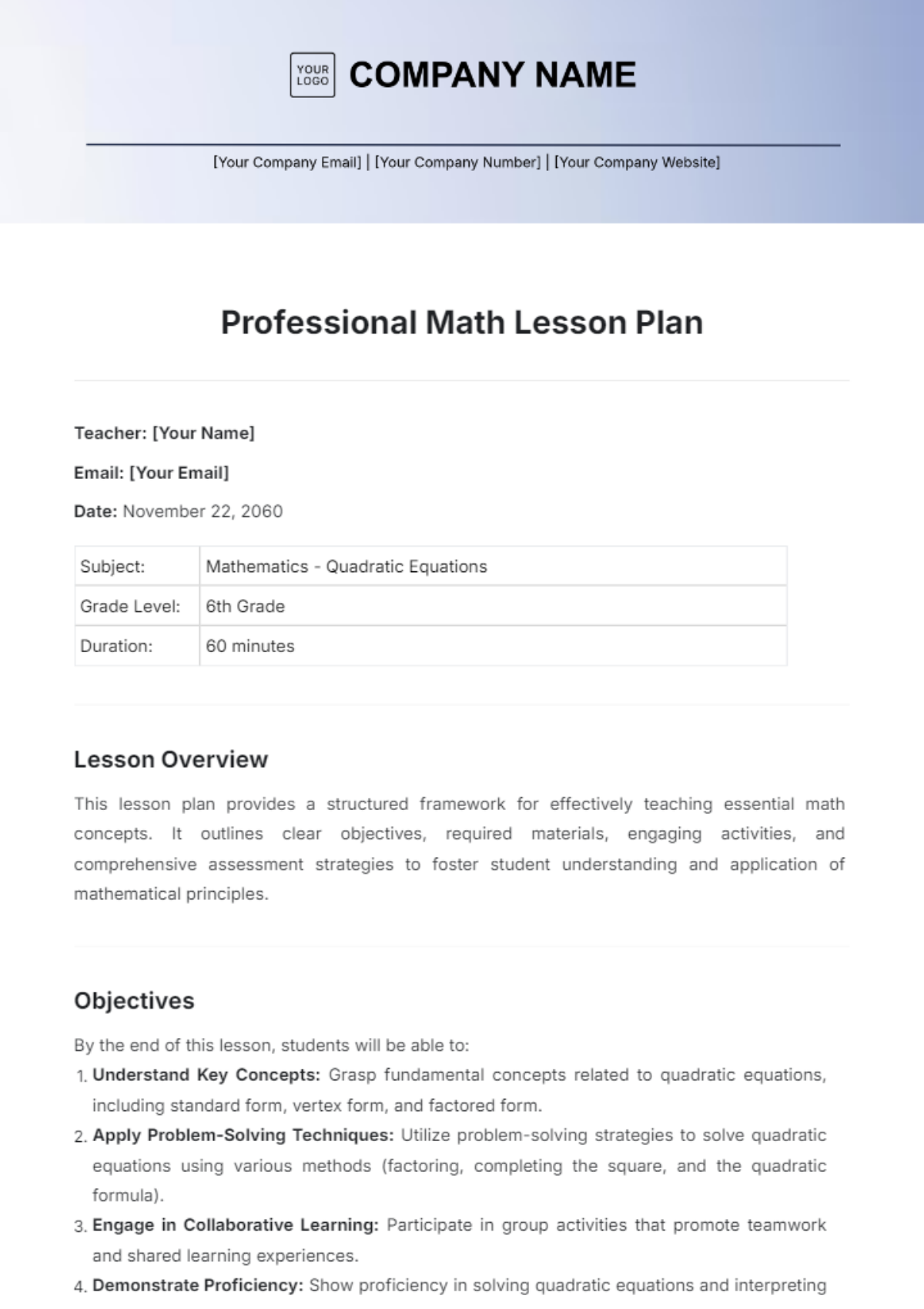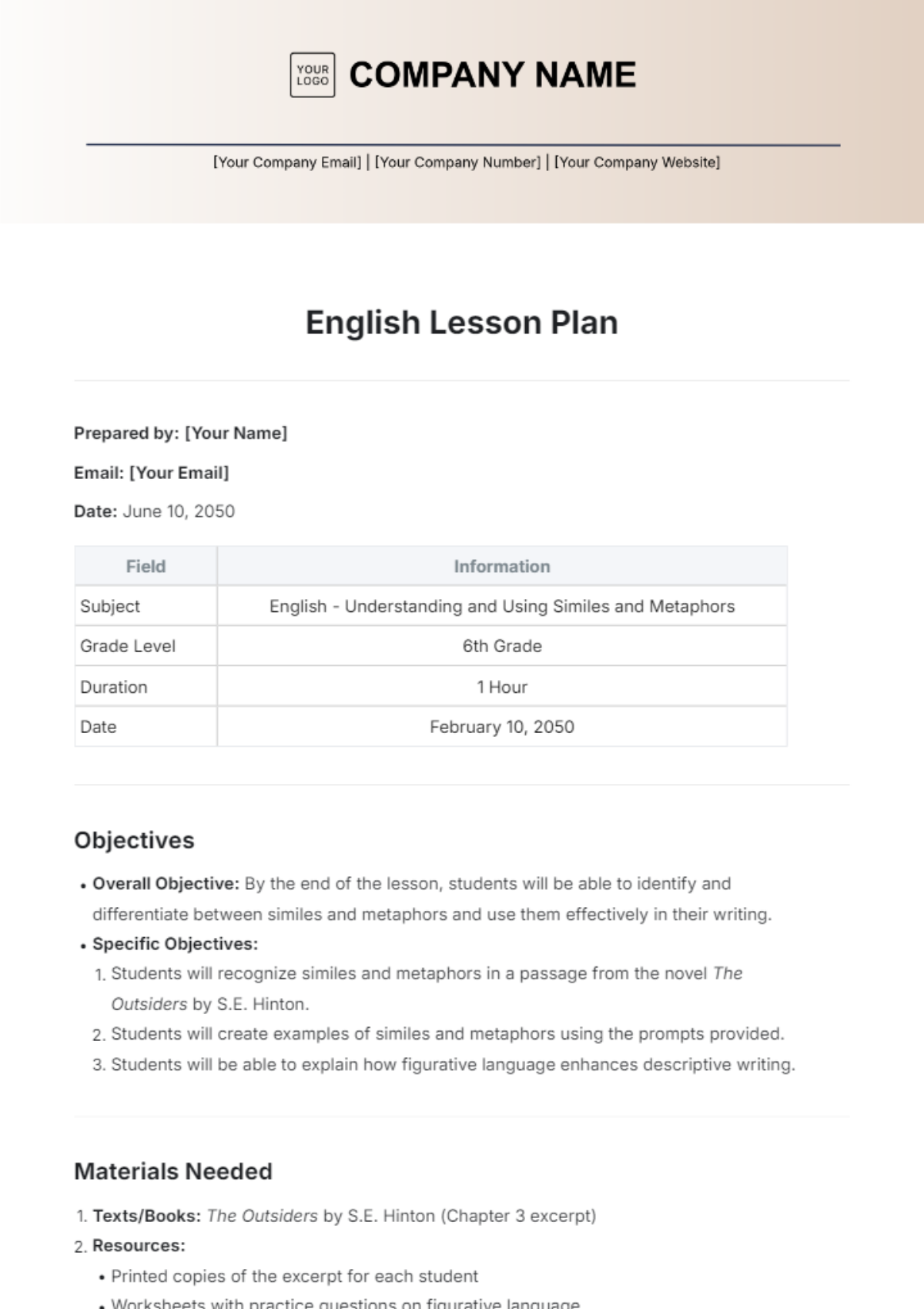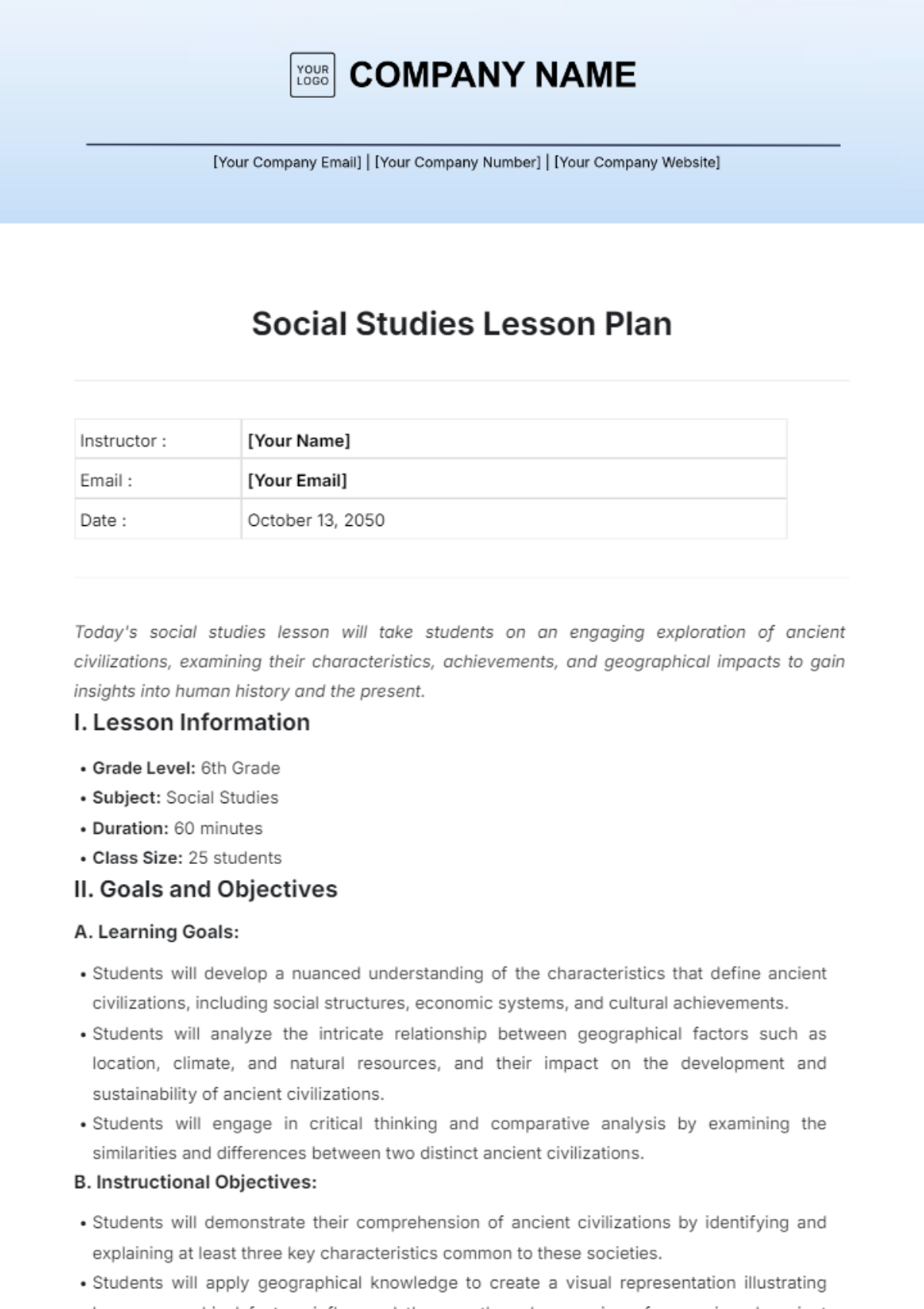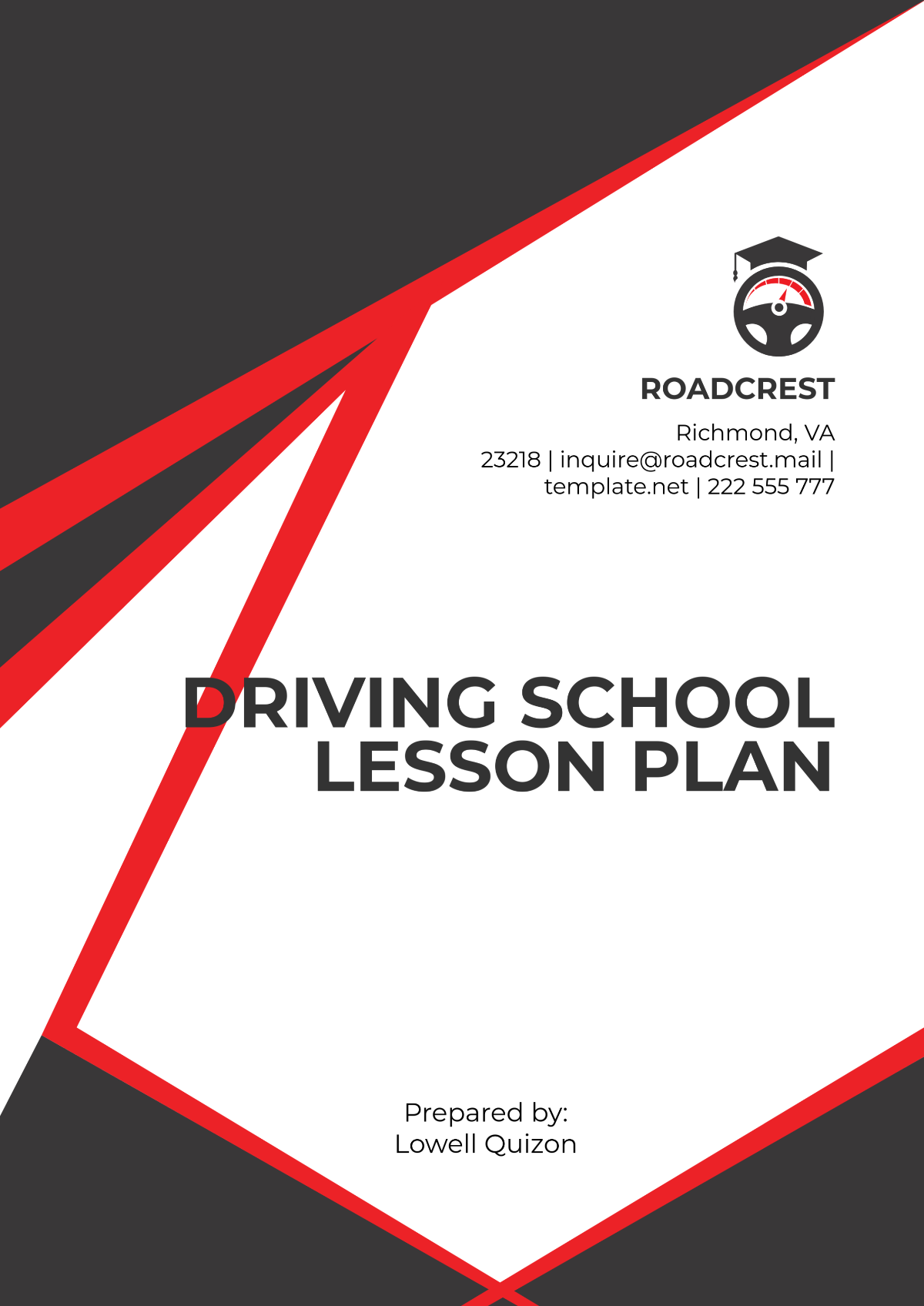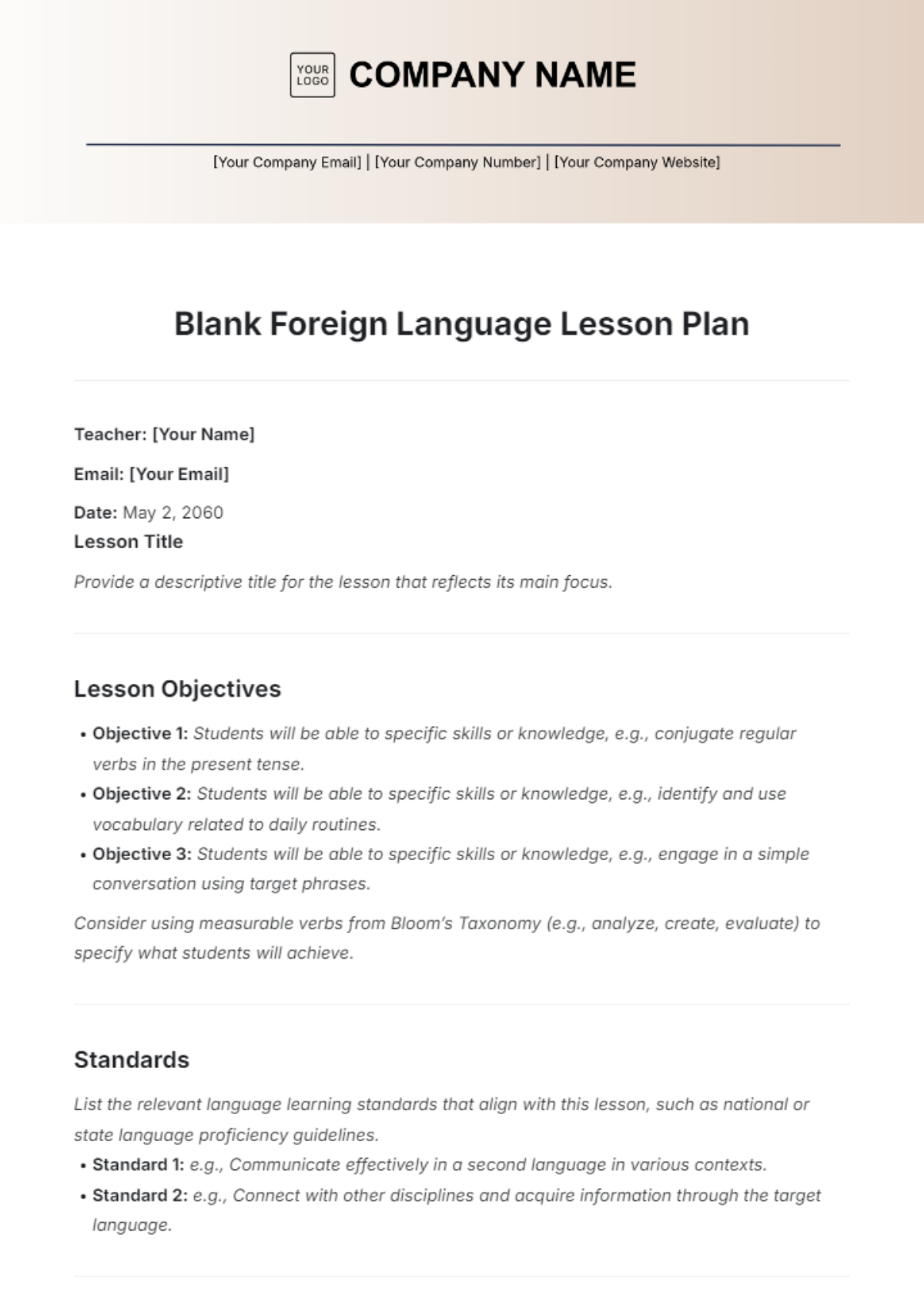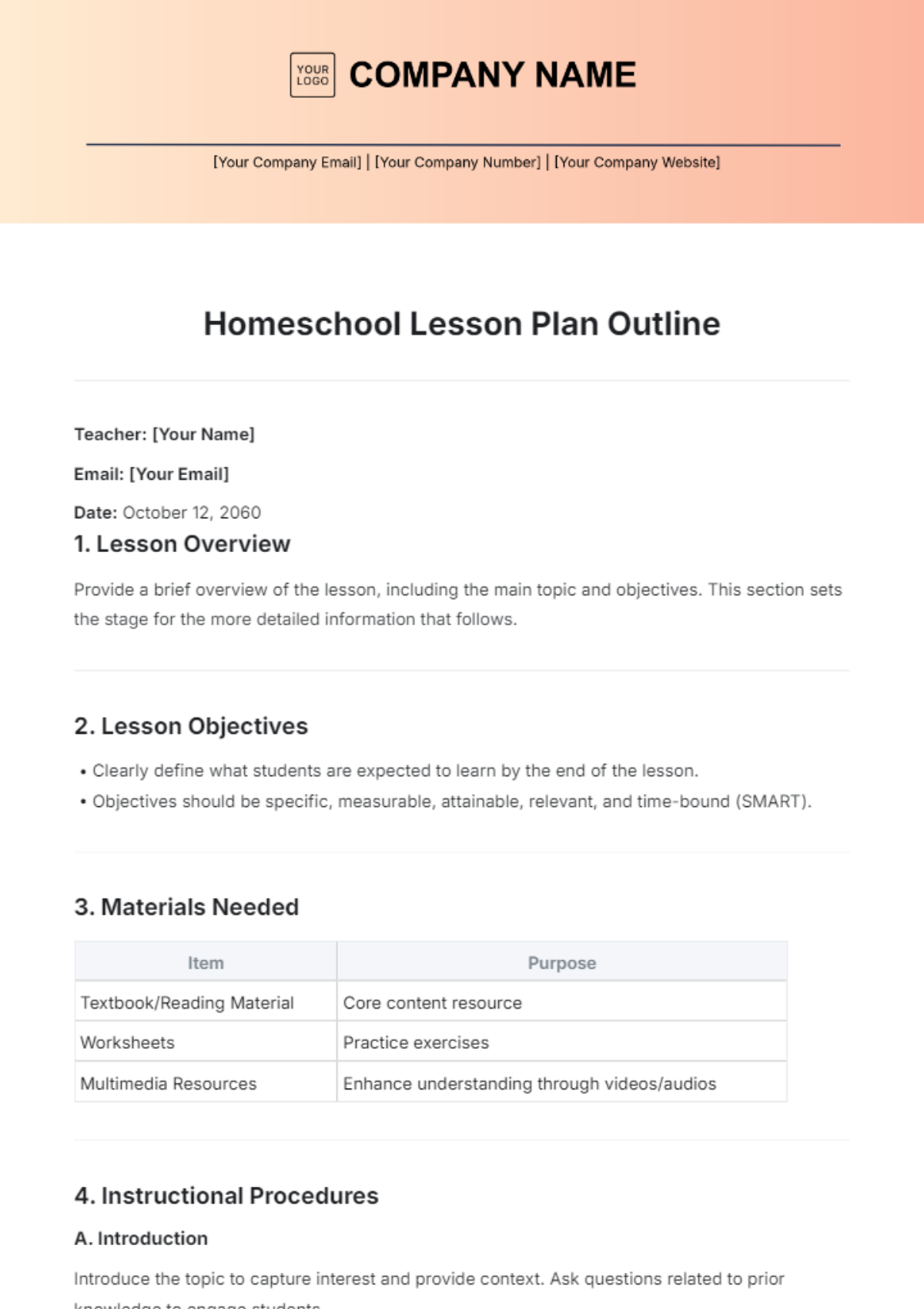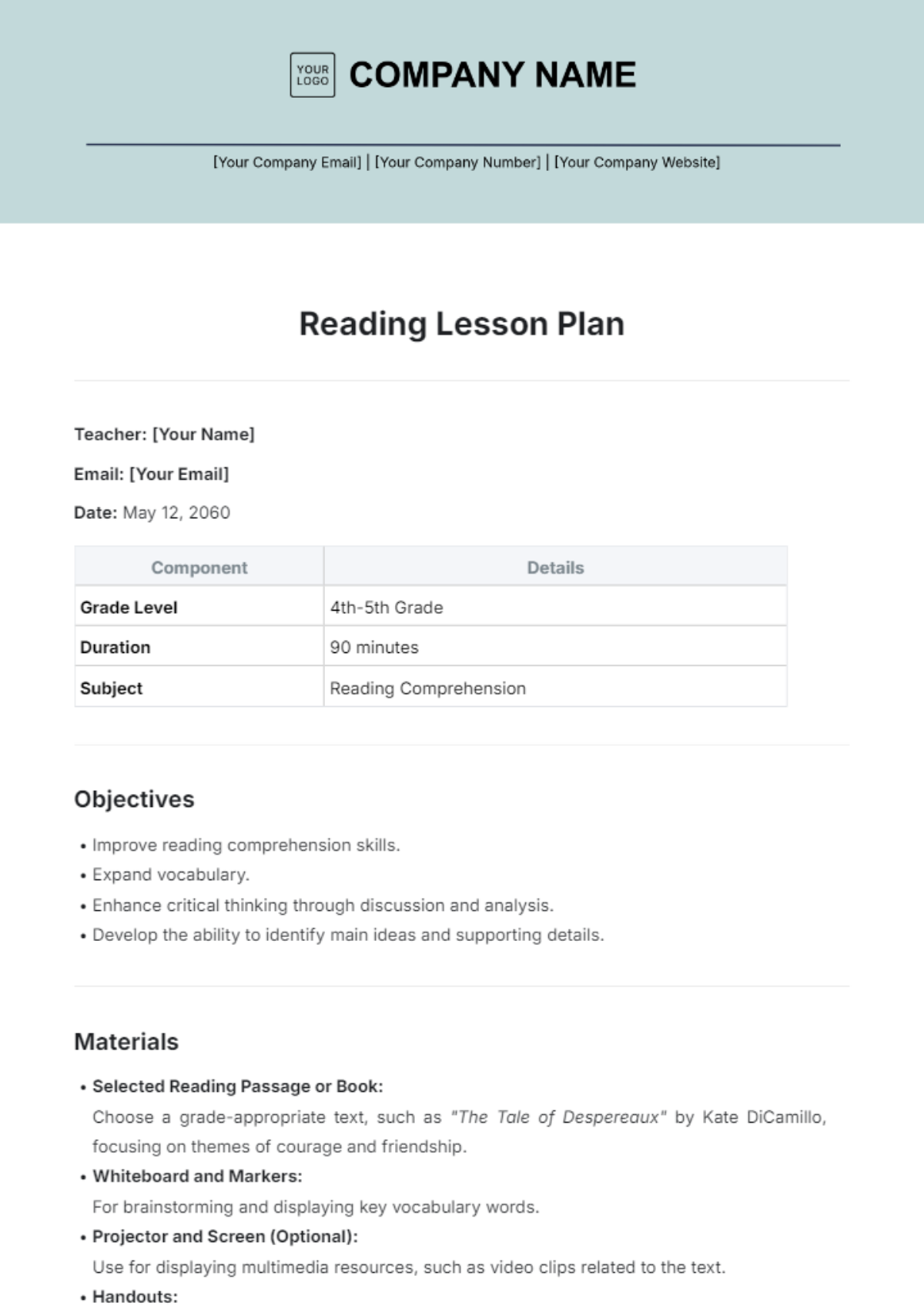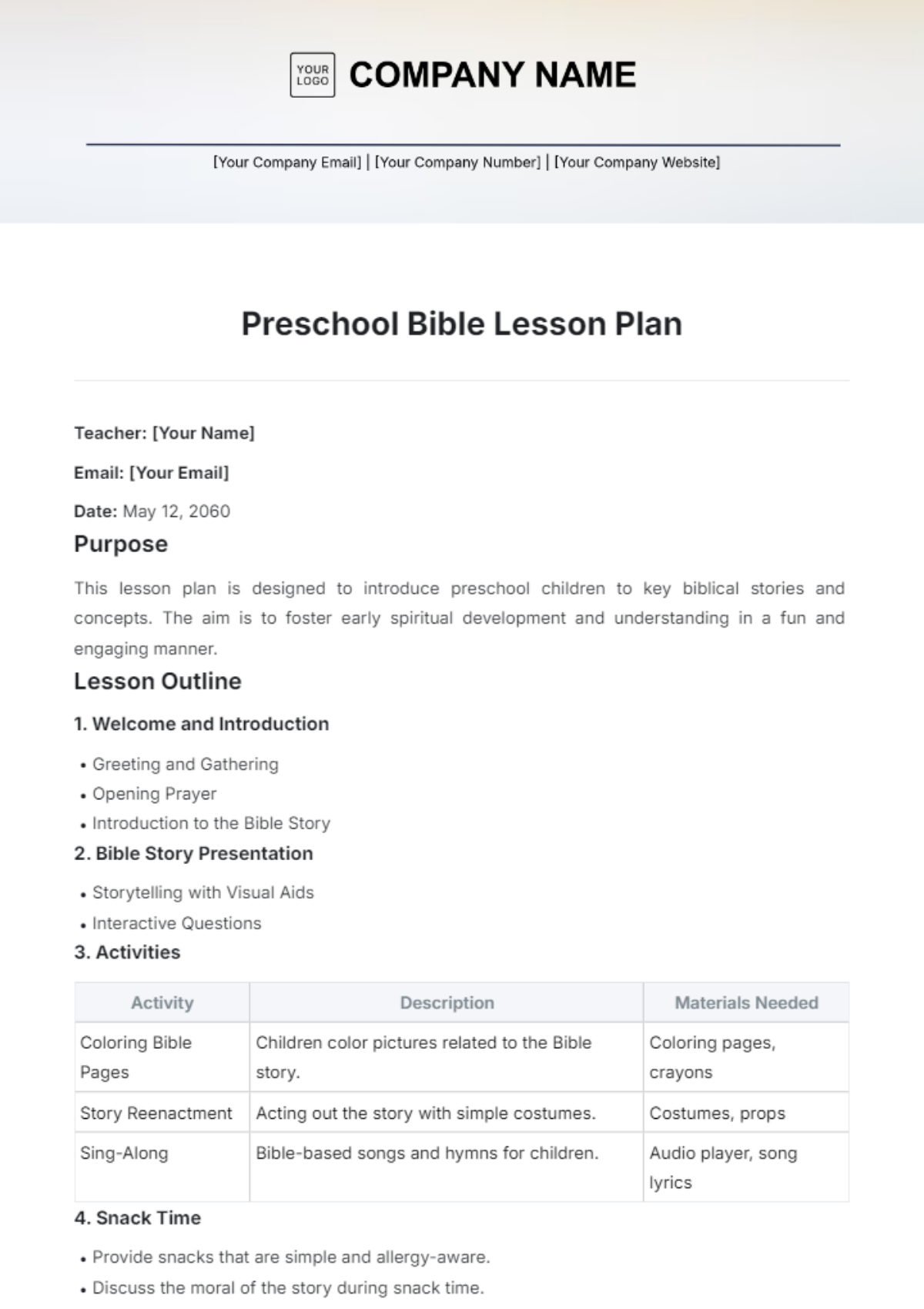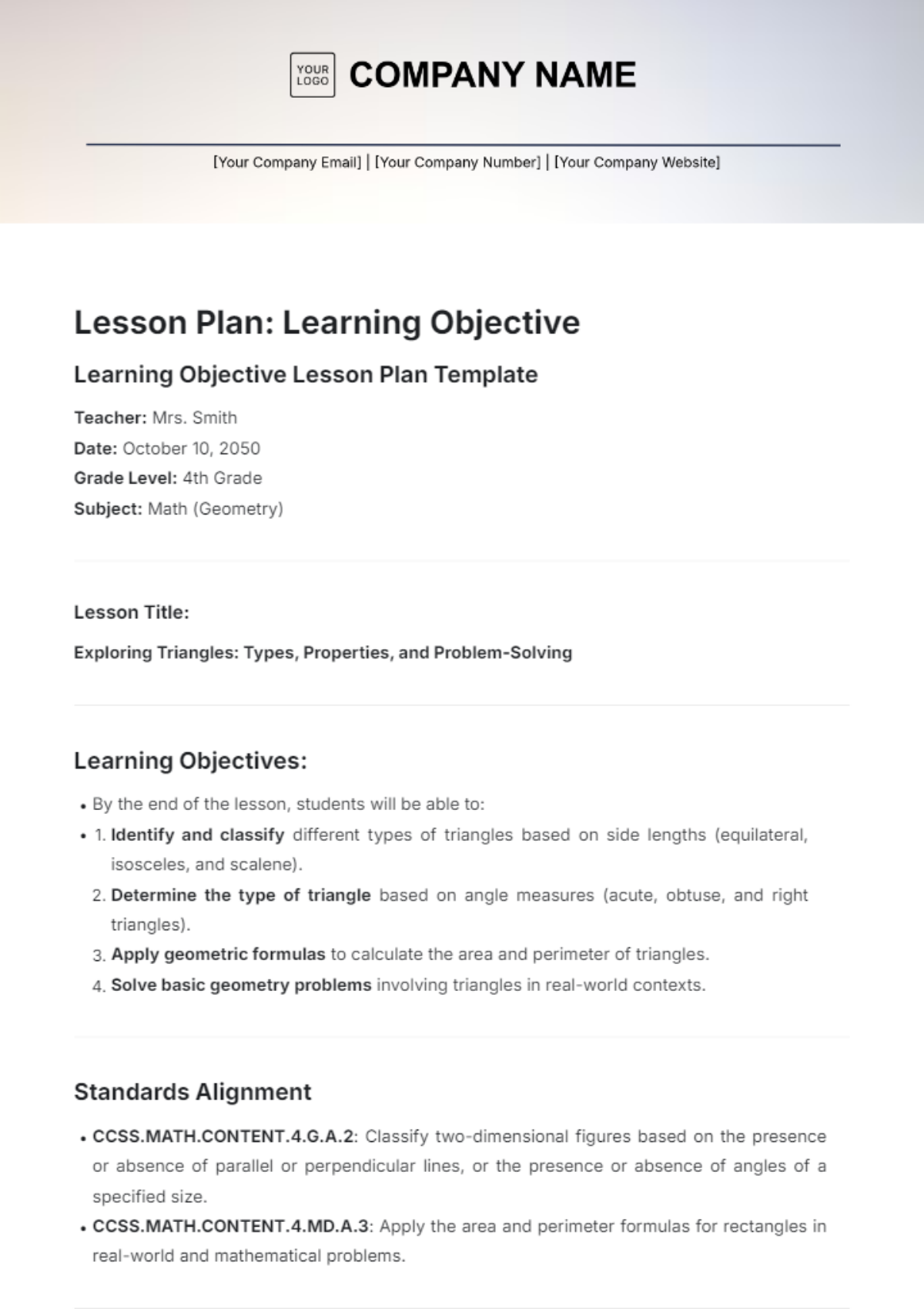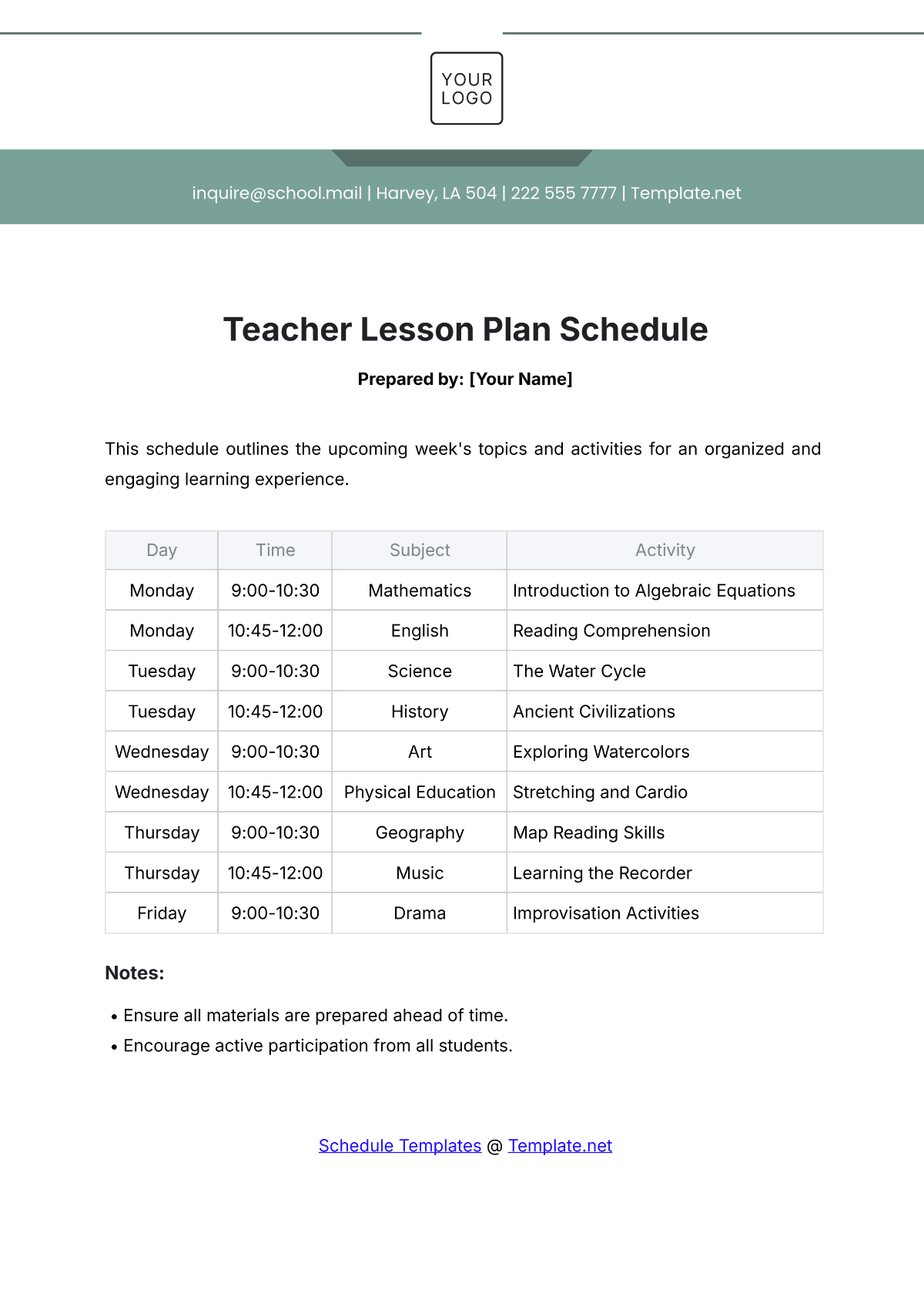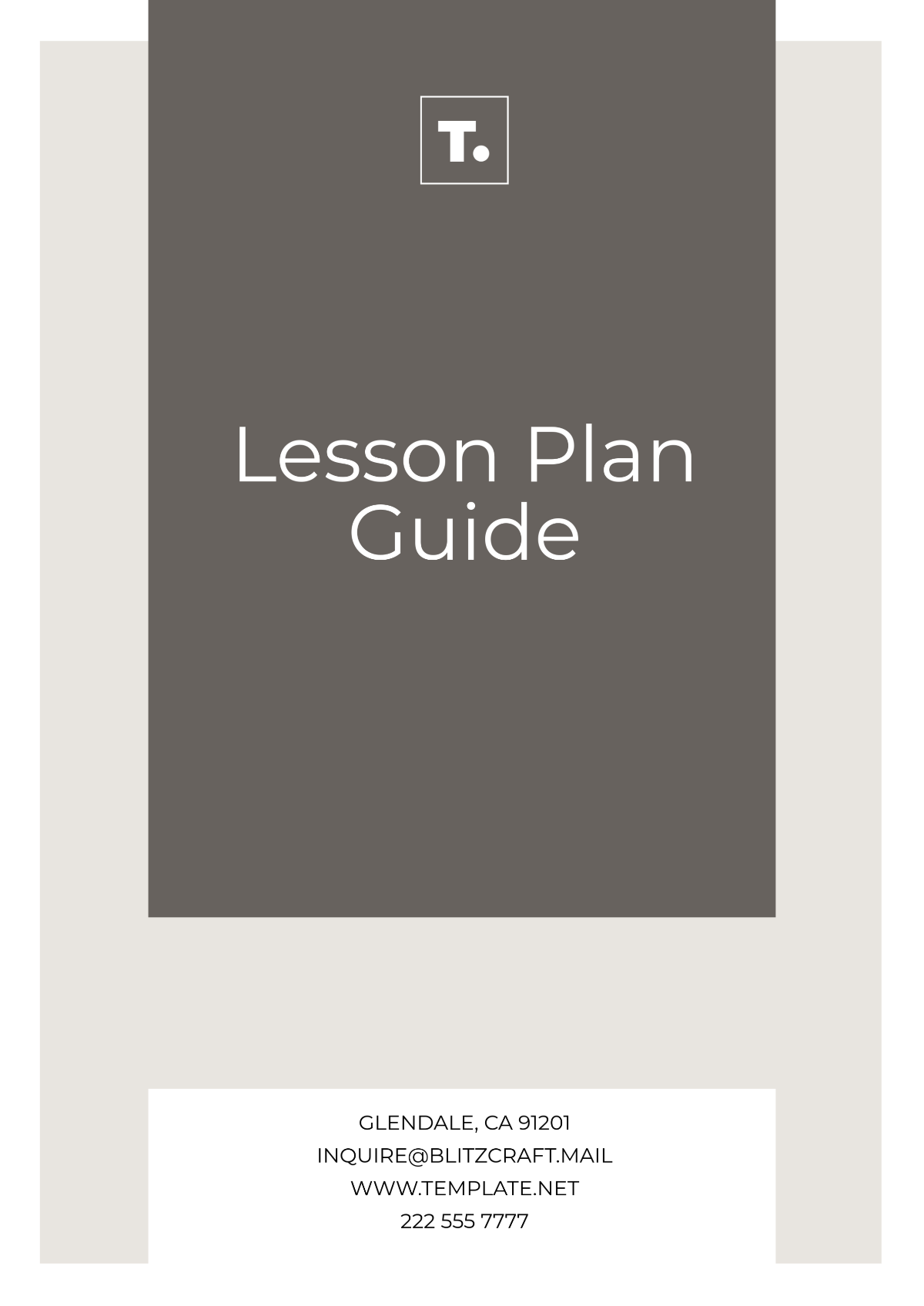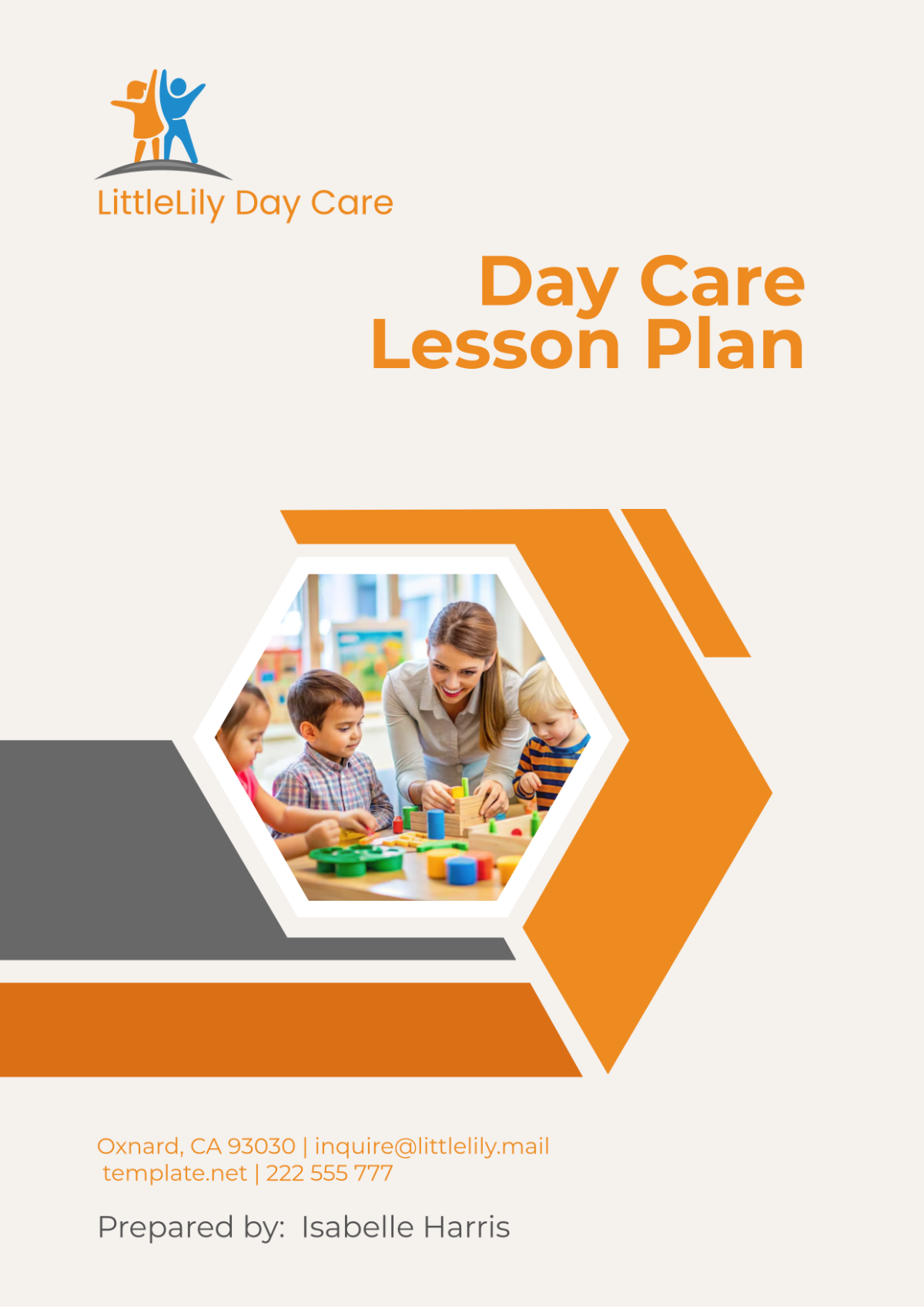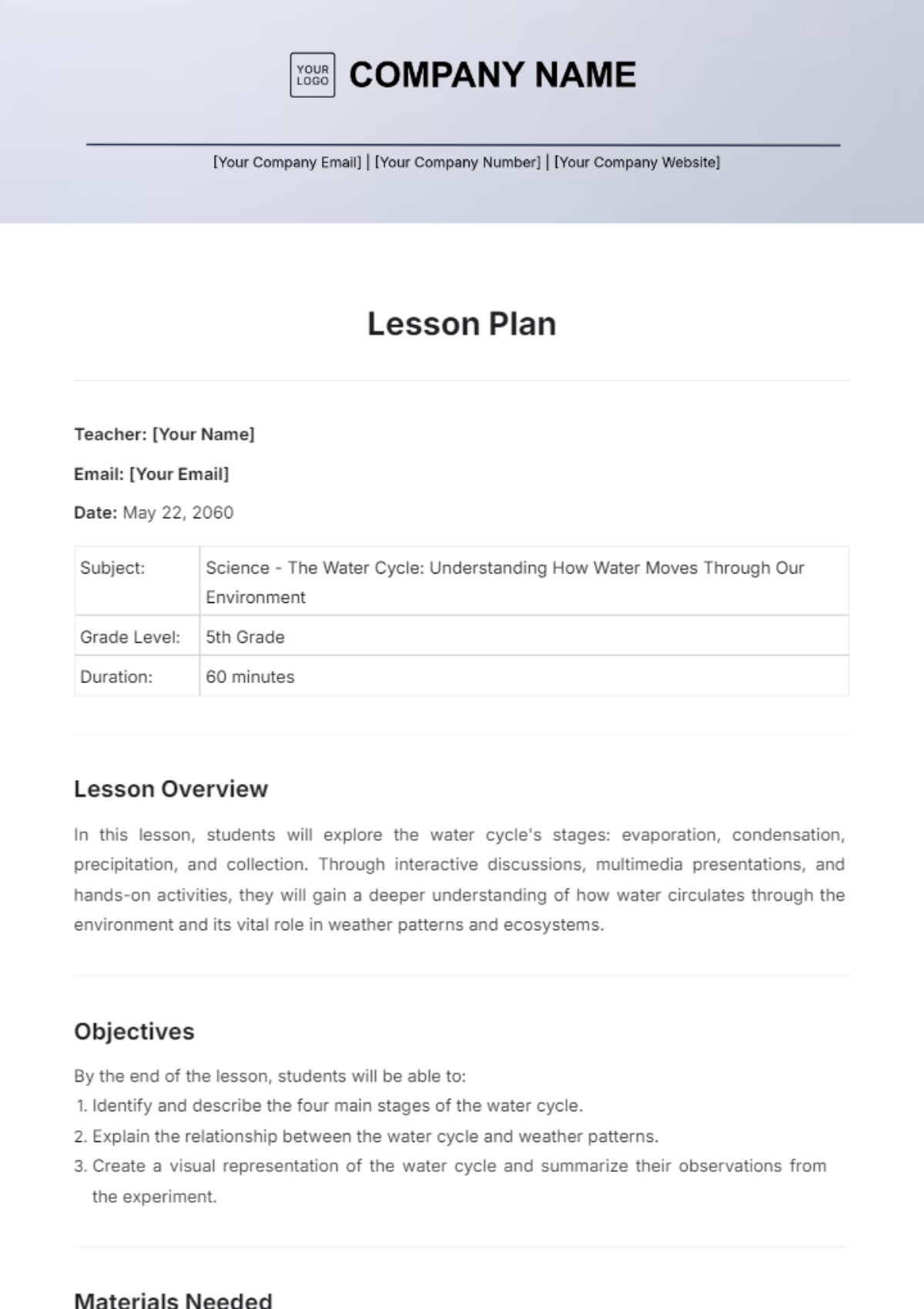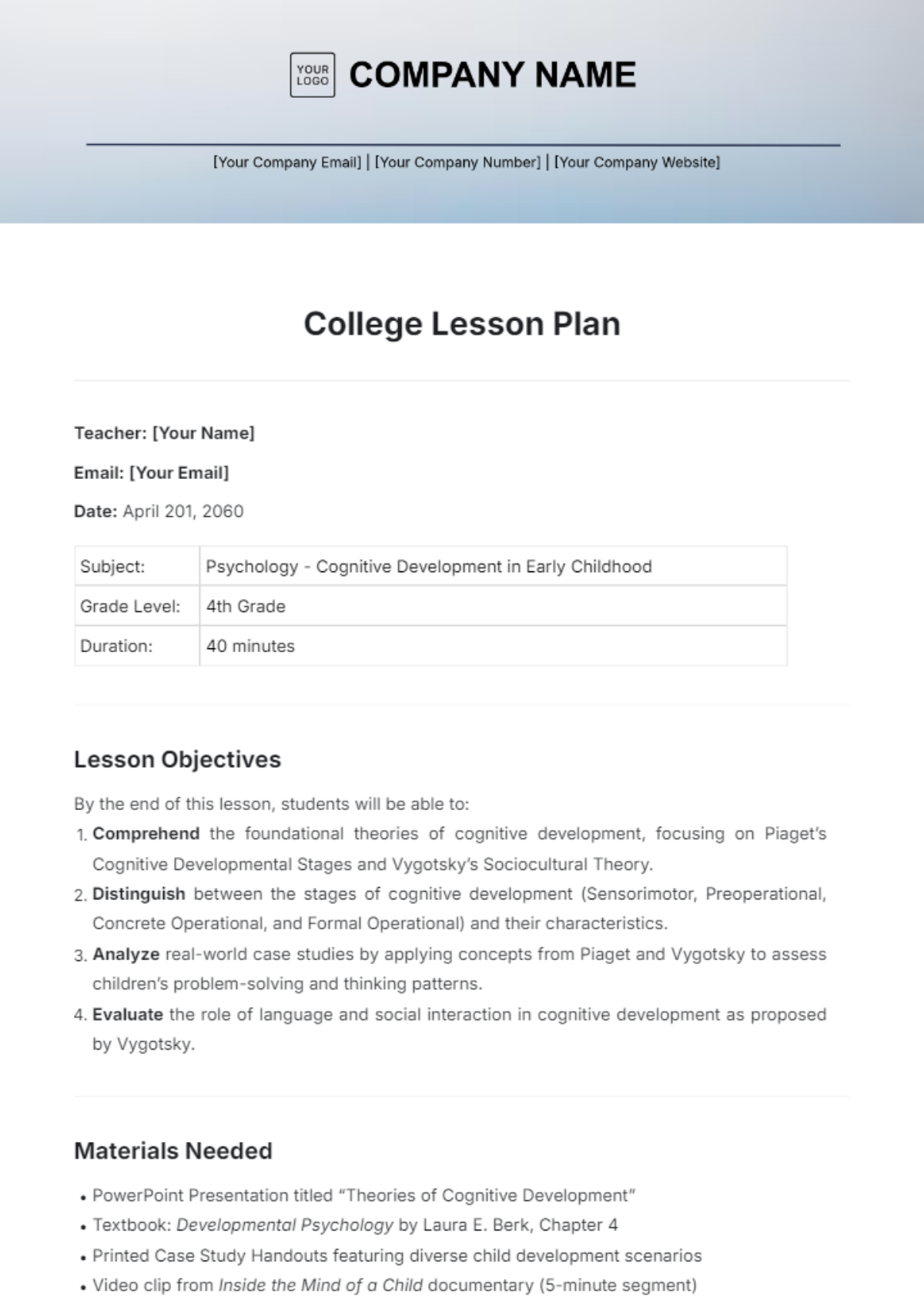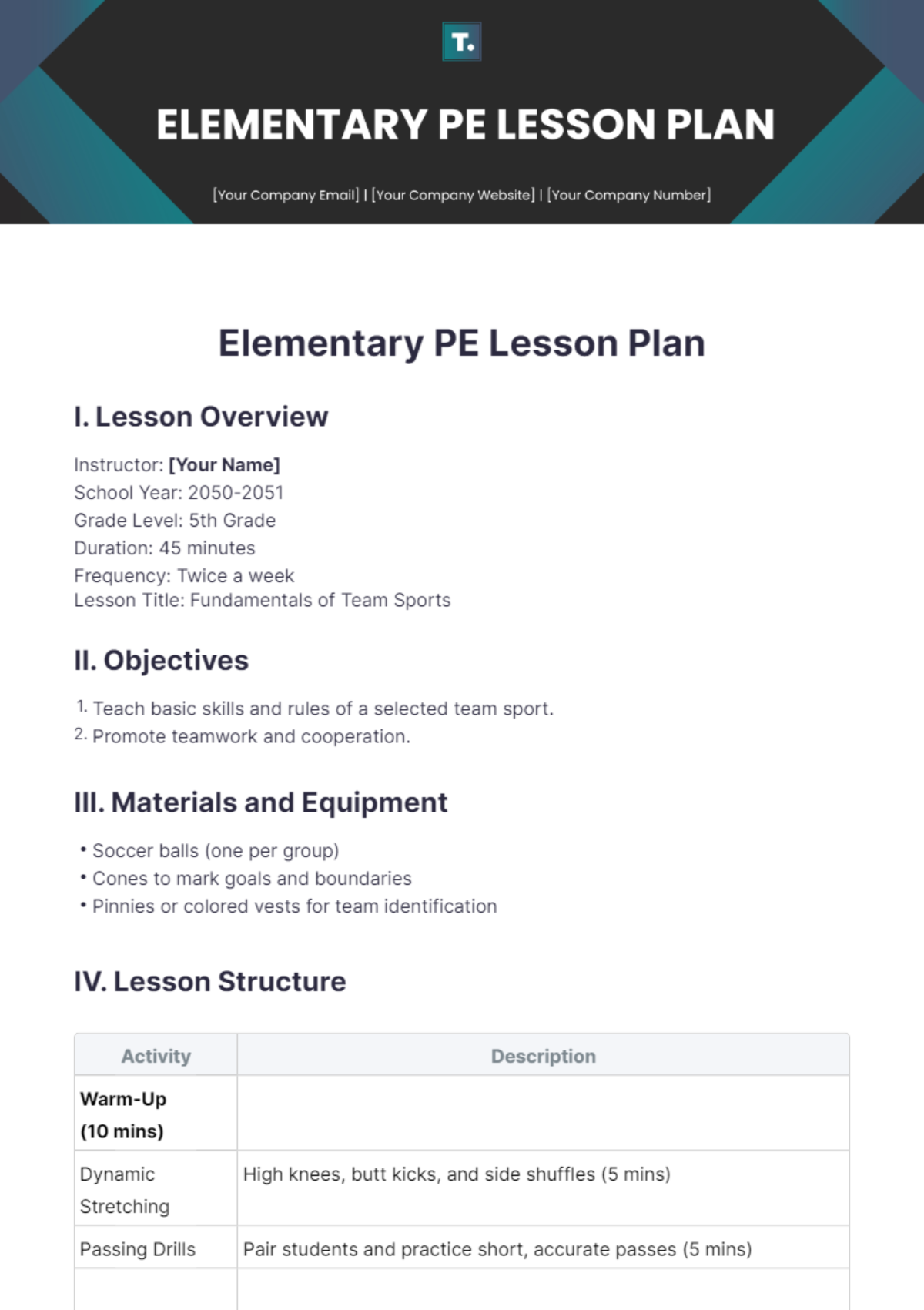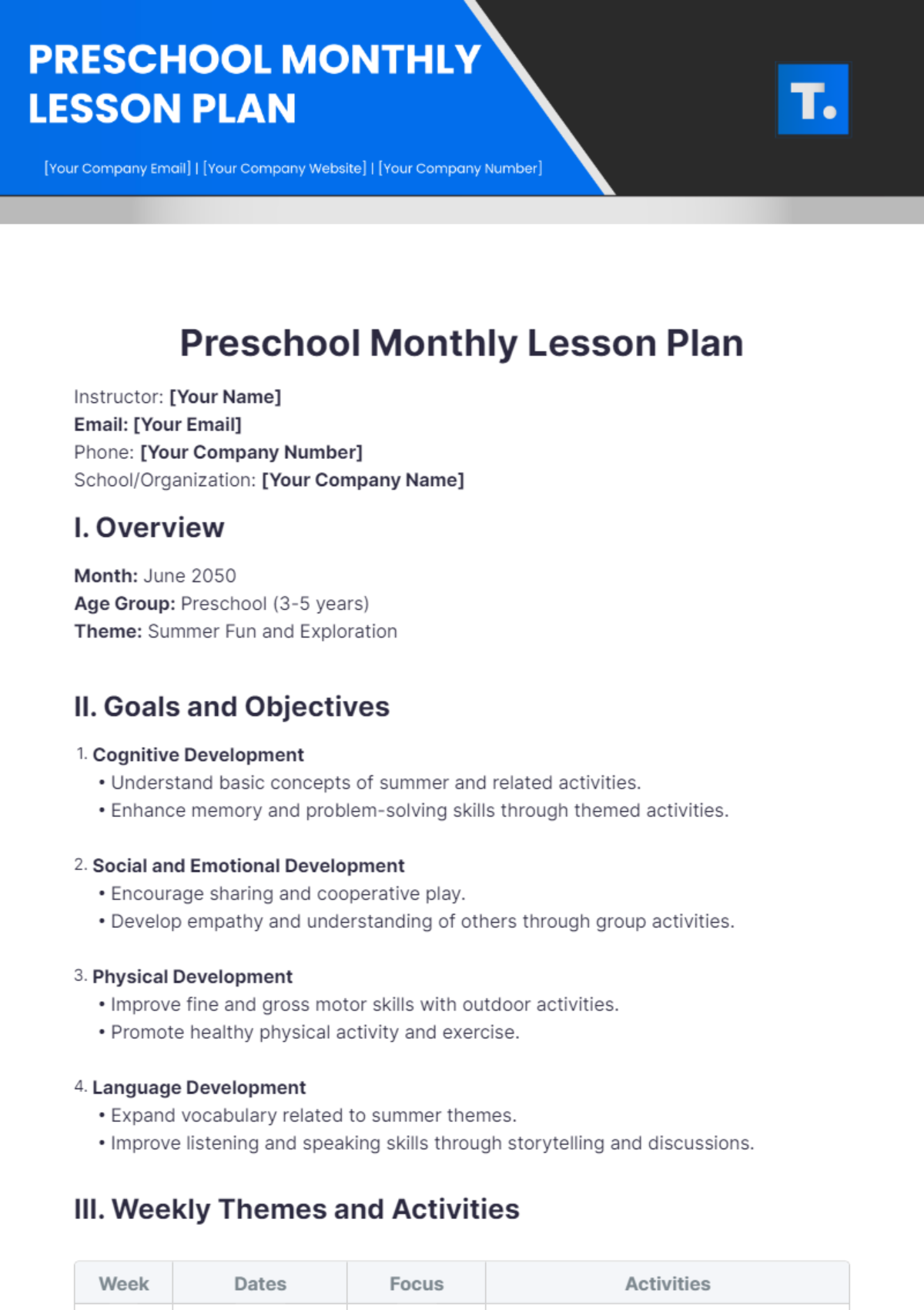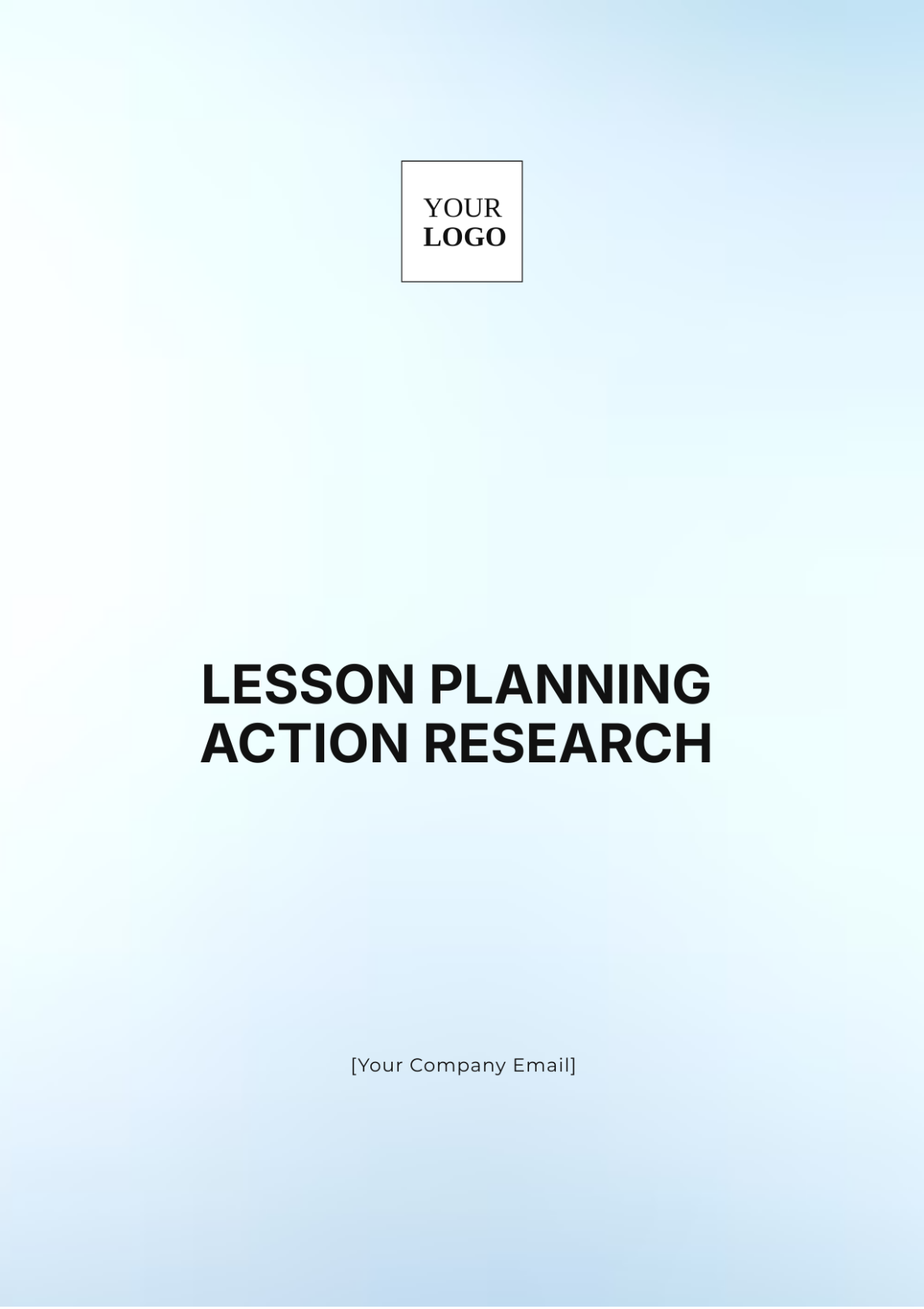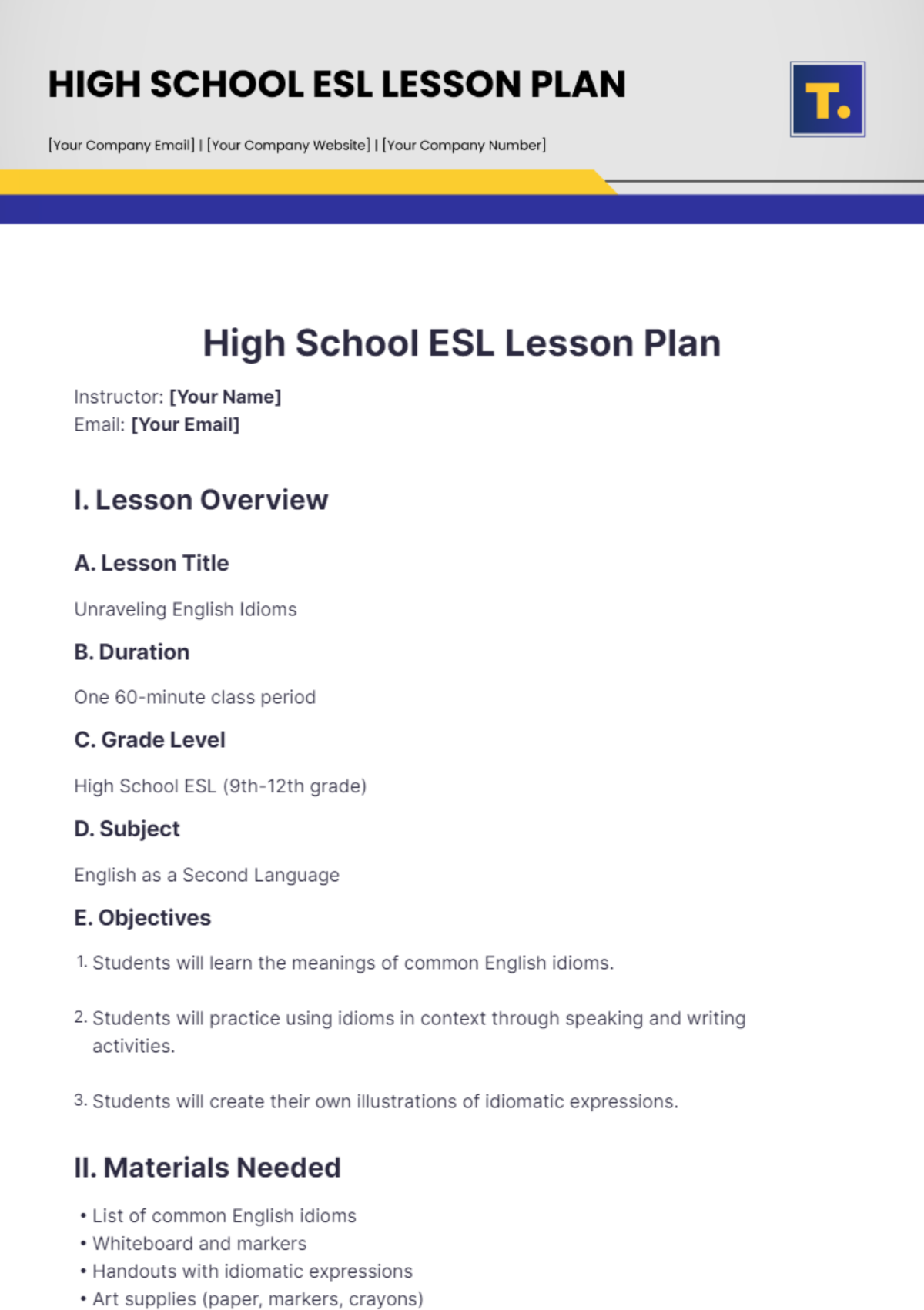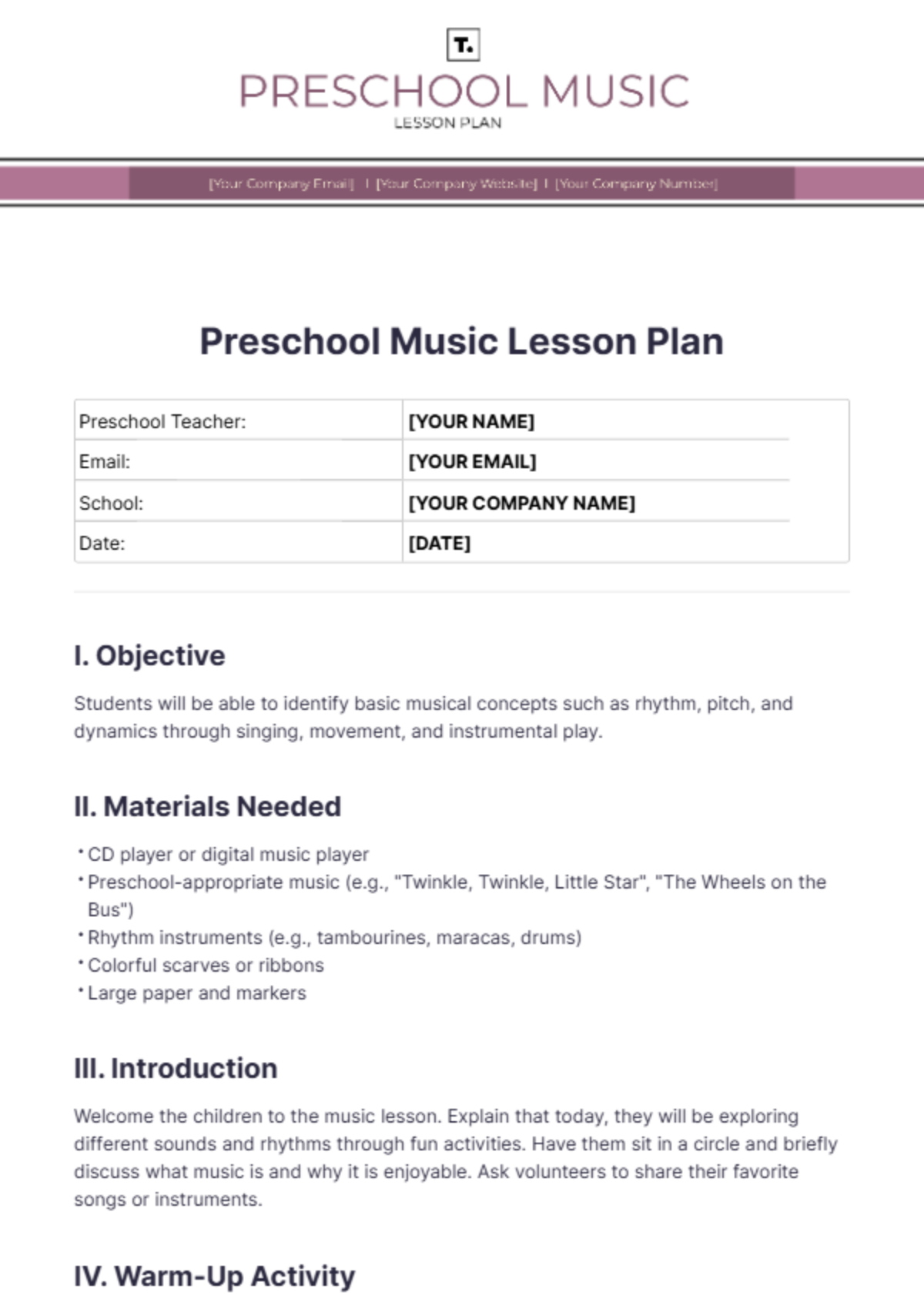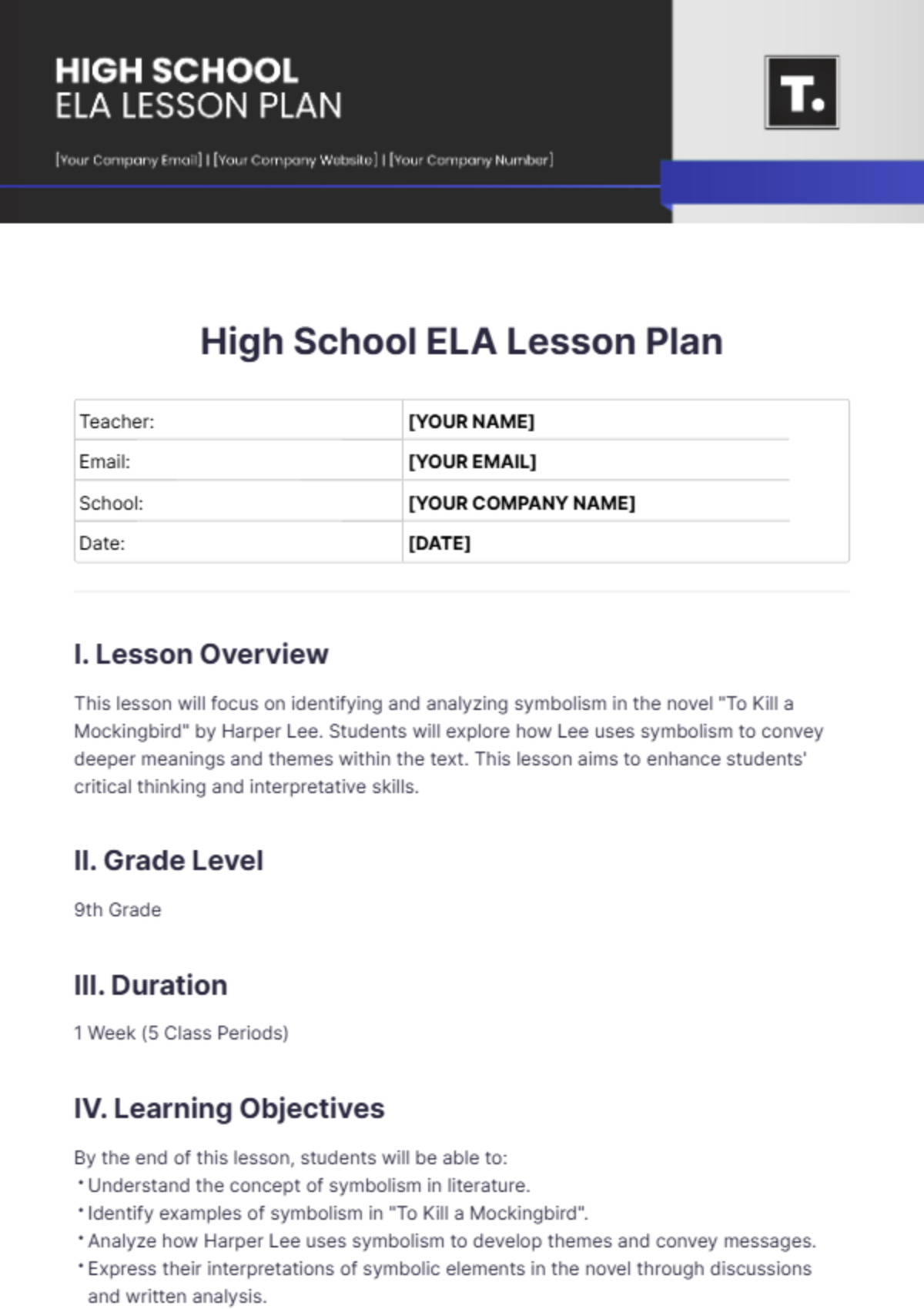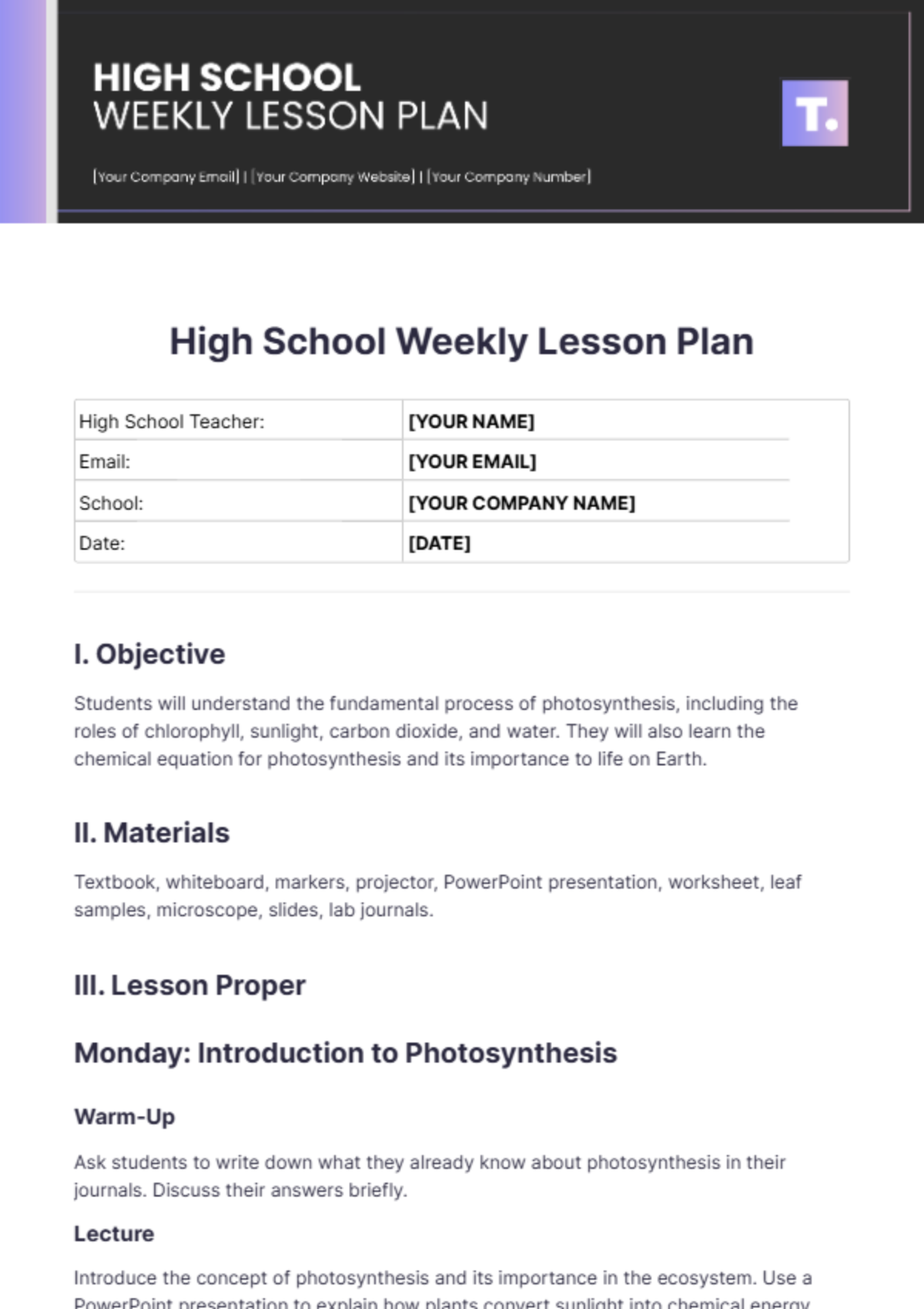Structured Literacy Lesson Plan
I. Lesson Overview
A. Objective
Develop foundational literacy skills through a structured approach.
B. Duration
60 minutes
C. Materials Needed
Phonics cards
Whiteboard and markers
Reading passages
Writing materials
II. Introduction
A. Warm-Up Activity
Engage students with a phonics review game where they identify beginning sounds of words.
B. Introduction to Lesson
Introduce the concept of structured literacy and its importance in building reading and writing proficiency. Explain how structured literacy focuses on phonological awareness, phonics, fluency, vocabulary, and comprehension.
III. Main Activities
Activity | Description |
|---|---|
Phonemic Awareness | Teach students to segment and blend sounds using phonics cards, focusing on consonant-vowel-consonant (CVC) words. Practice identifying and manipulating sounds in words. |
Phonics Instruction | Introduce the "magic e" rule, explaining how the silent "e" changes the vowel sound in a word (e.g., "bake" vs. "baker"). Provide guided practice with reading words and sentences containing silent "e" patterns. |
Syllable Division | Teach students to recognize and divide words into syllables using word cards and visual cues. Practice decoding multisyllabic words by identifying syllable types and patterns. |
Word Study | Explore vocabulary words related to the lesson theme, such as "adventure" and "explore." Analyze word structure, including prefixes (e.g., "un-" and "re-"), suffixes (e.g., "-ing" and "-ed"), and roots (e.g., "act" in "action"). |
Reading Comprehension | Read a passage aloud as a class, such as an excerpt from a children's book about exploration or adventure. Discuss main ideas, key details, and inferential questions. |
Writing Practice | Guided writing activities focusing on applying phonics skills in spelling and sentence construction. Independent writing tasks to reinforce concepts learned. |
IV. Conclusion
A. Review
Summarize key concepts covered in the lesson, emphasizing the importance of structured literacy in becoming proficient readers and writers.
B. Assessment
Administer a brief quiz or informal assessment to gauge student understanding, focusing on phonics skills, syllable division, and reading comprehension.
V. Extension Activities (Optional)
Incorporate technology-based literacy games and activities, such as interactive phonics apps or online reading comprehension quizzes.
Provide differentiated instruction for students with varying skill levels, including additional support for struggling readers and enrichment activities for advanced learners.
Collaborate with the school librarian for additional reading resources, such as themed books or informational texts related to exploration and adventure.
VI. References
"Exploring Our World" by National Geographic Kids
"Adventure Stories for Young Explorers" by Susan Meredith
VII. Contact Information
Instructor: [Your Name]
Email: [Your Email]
Contact Number: [Your Phone Number]
